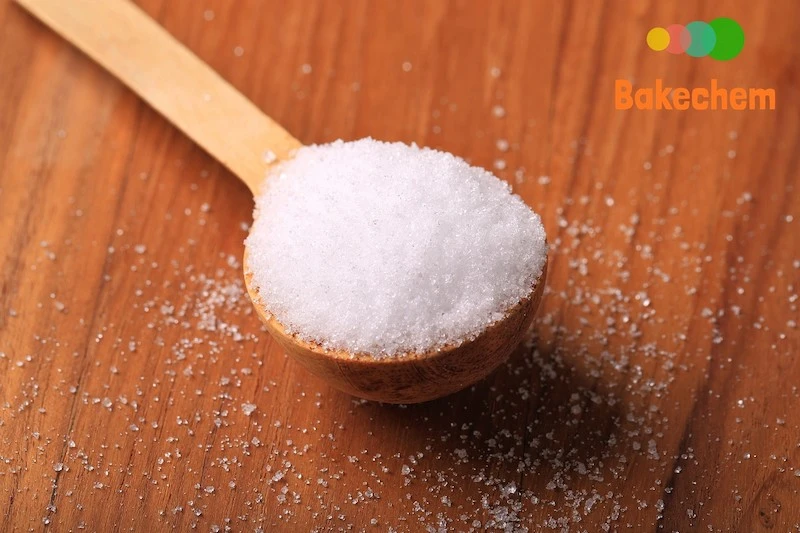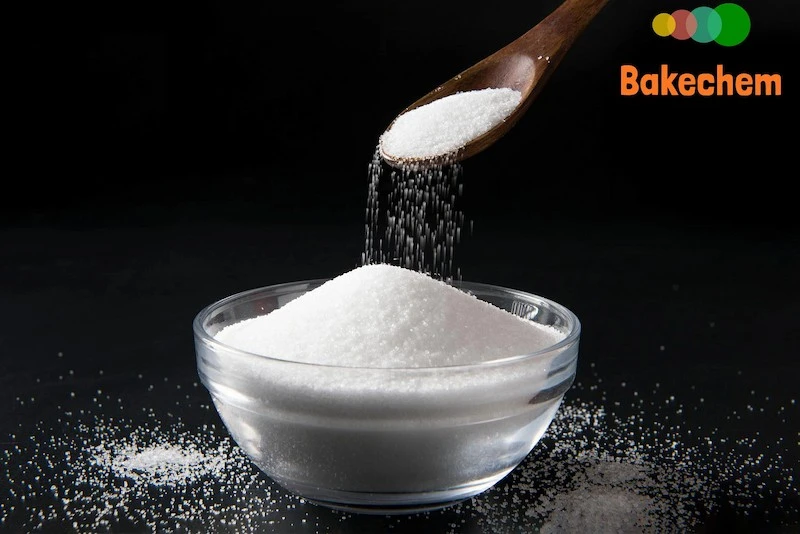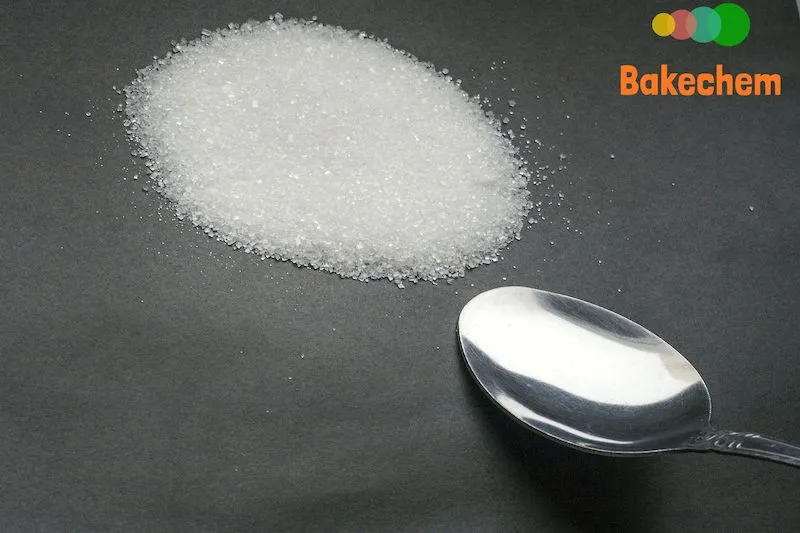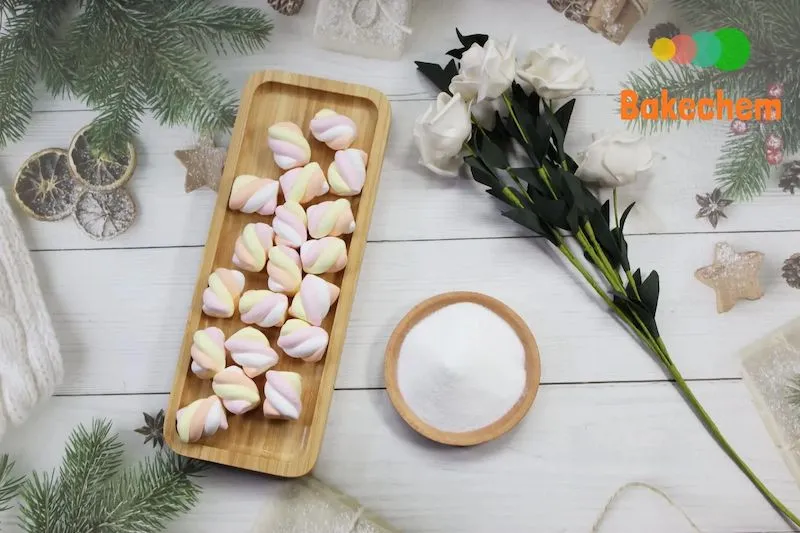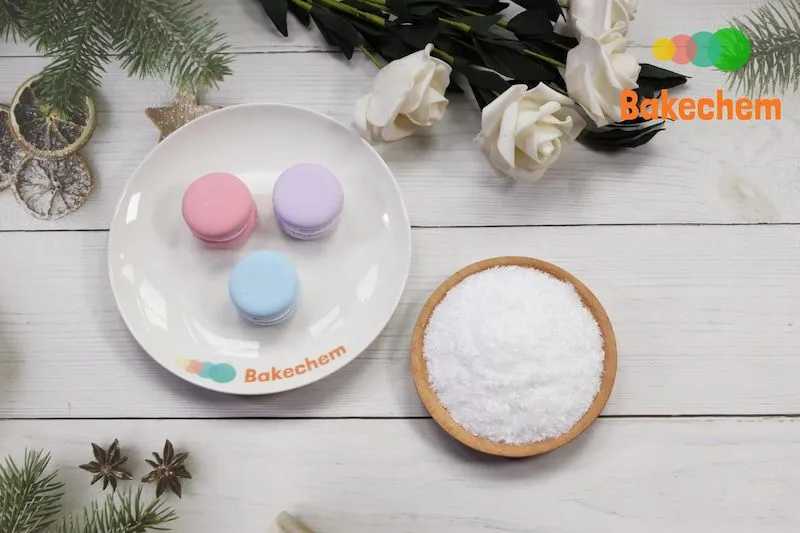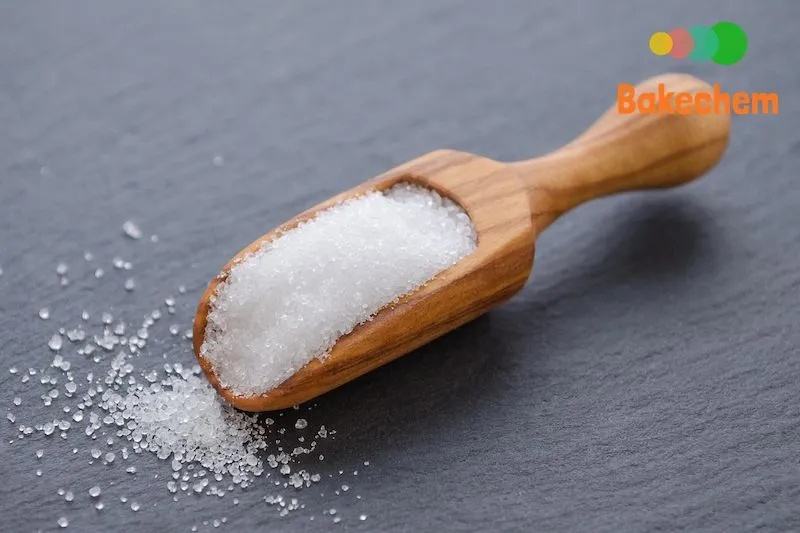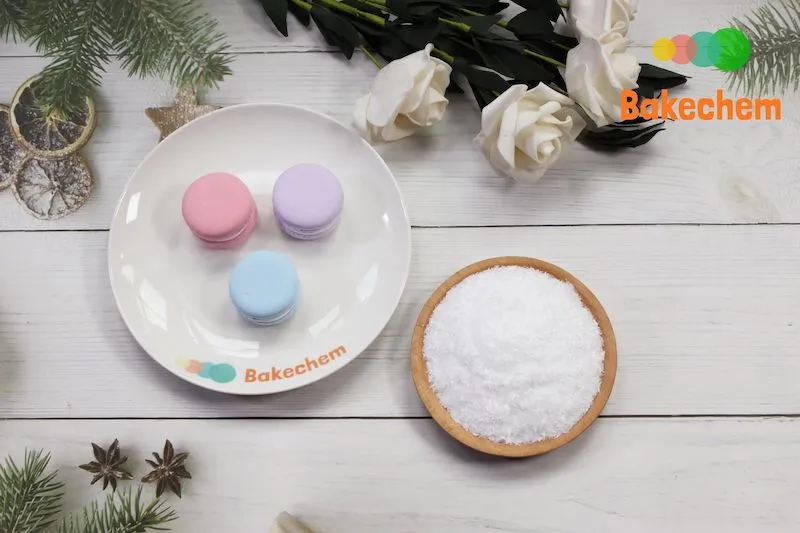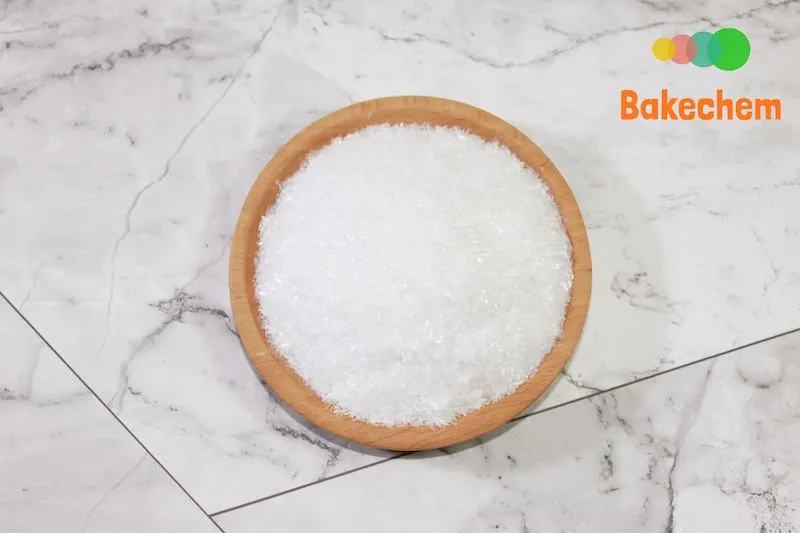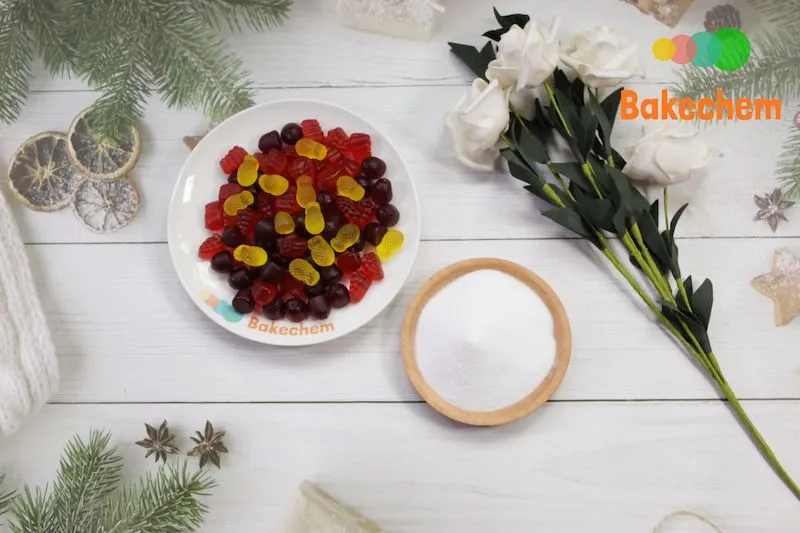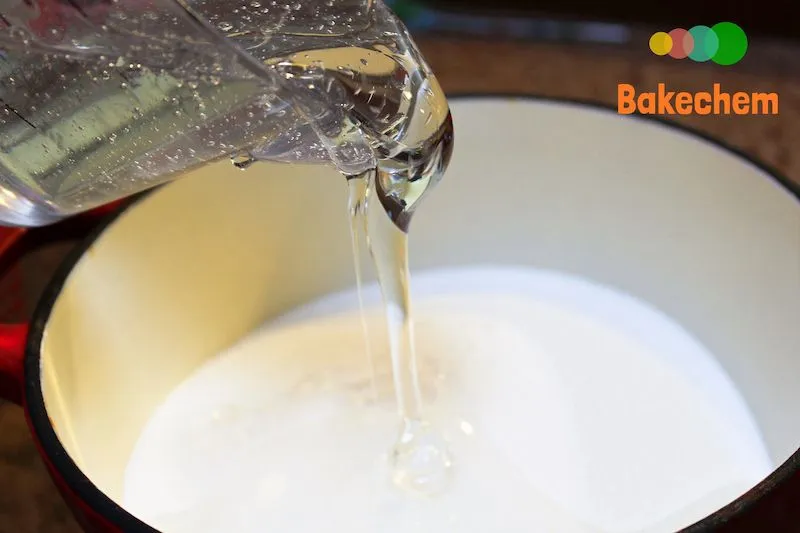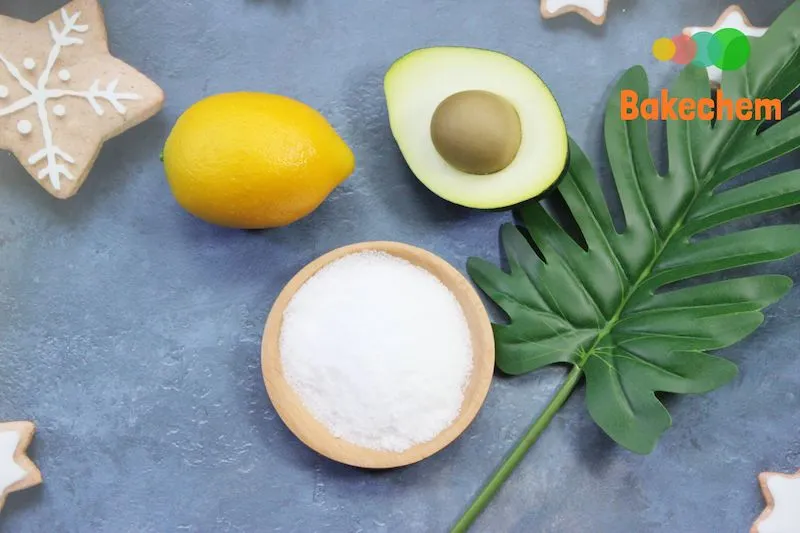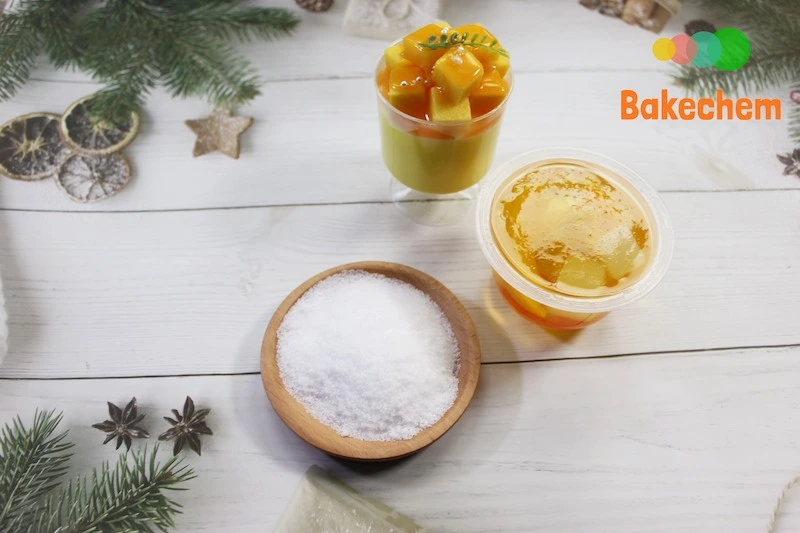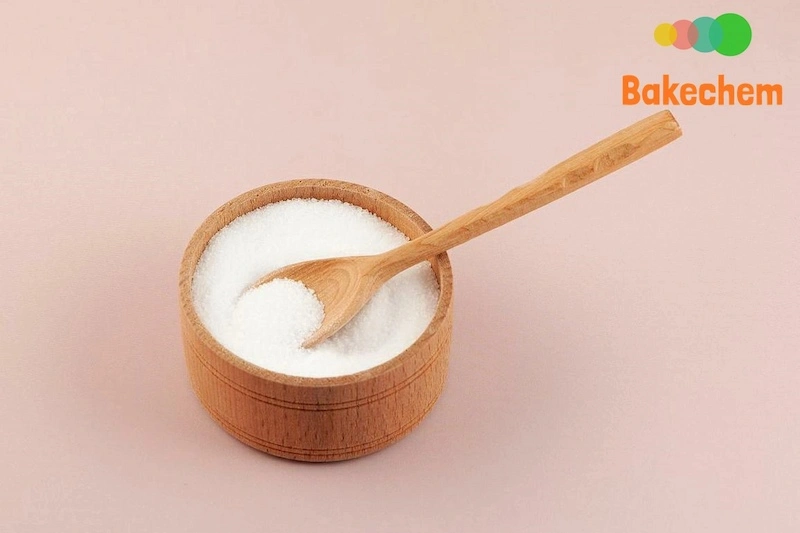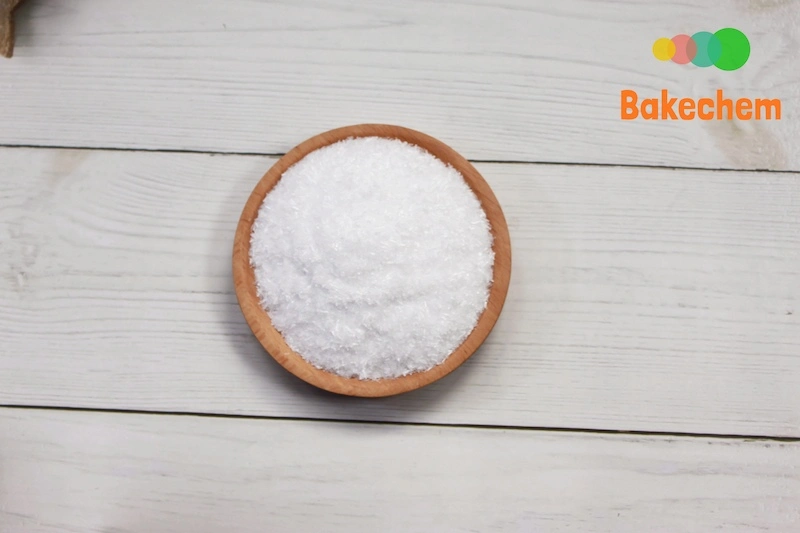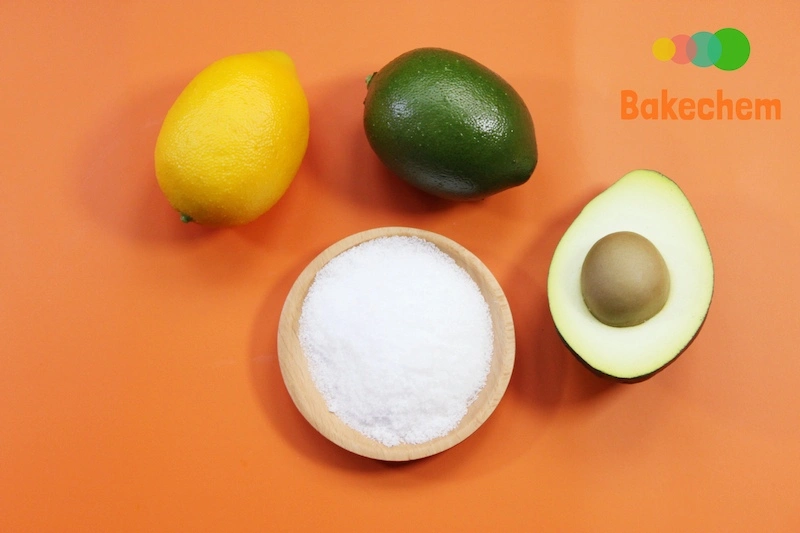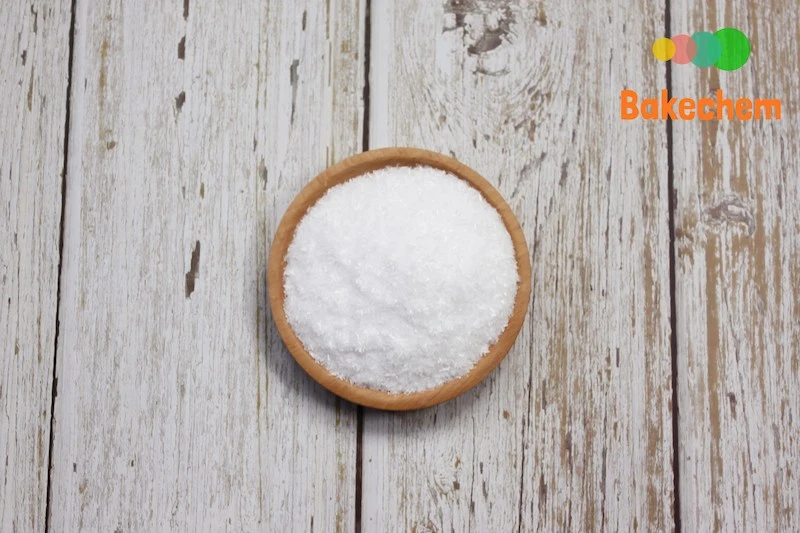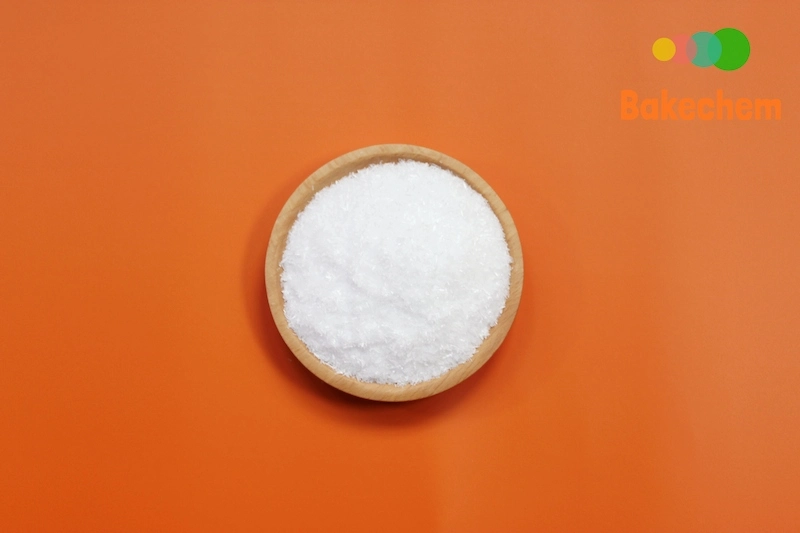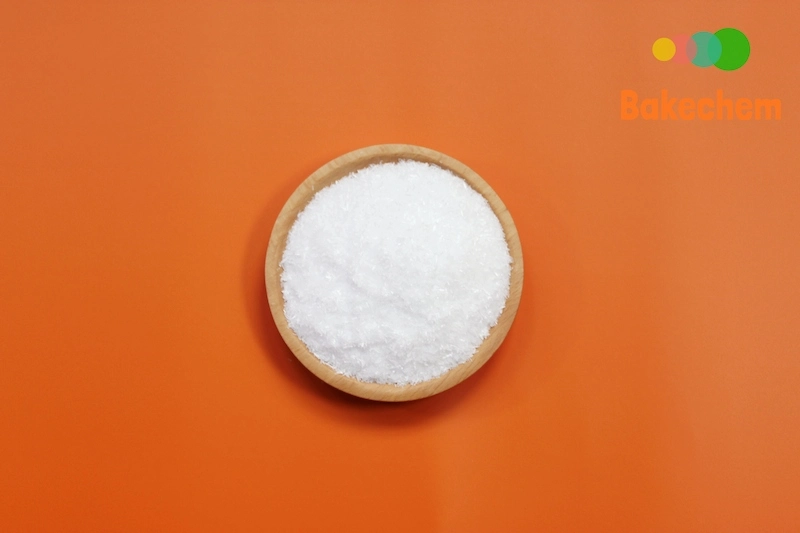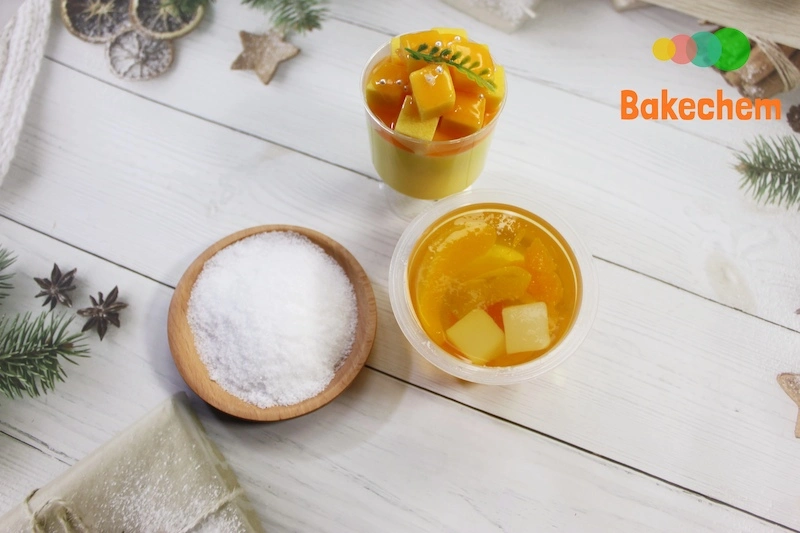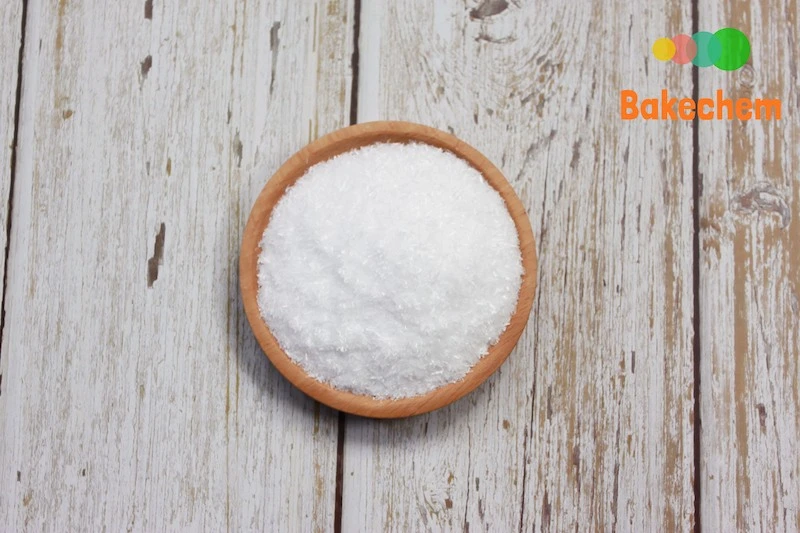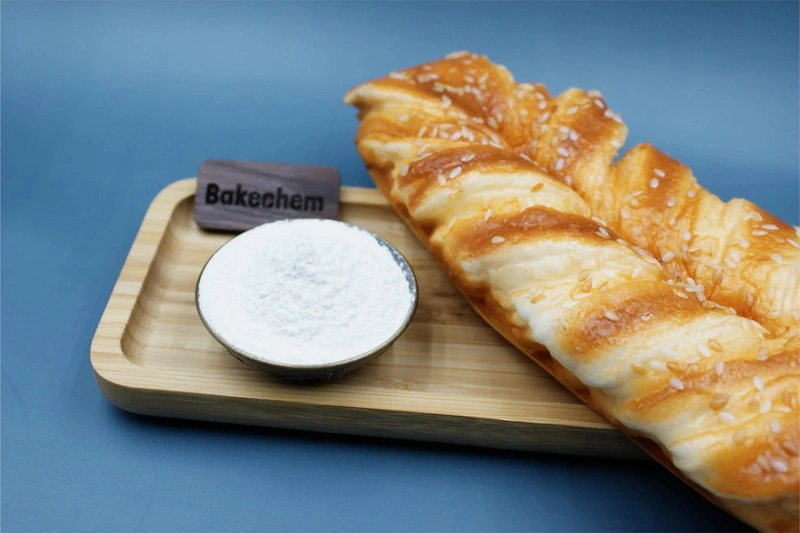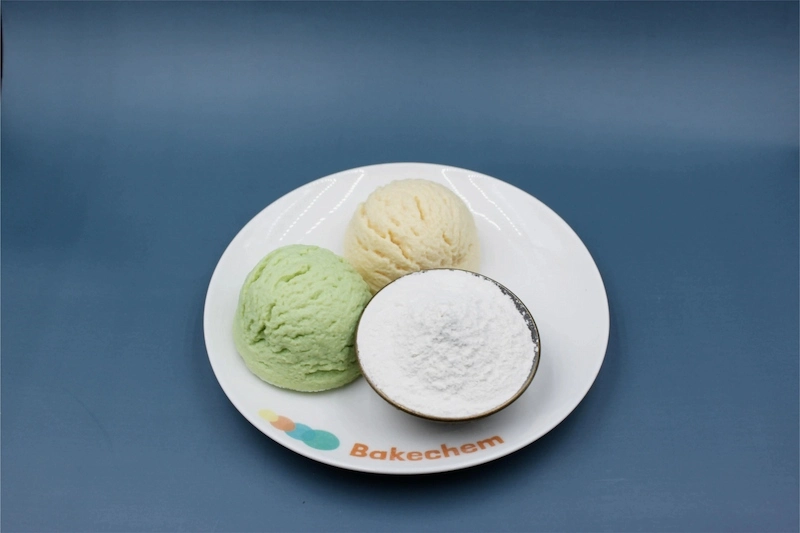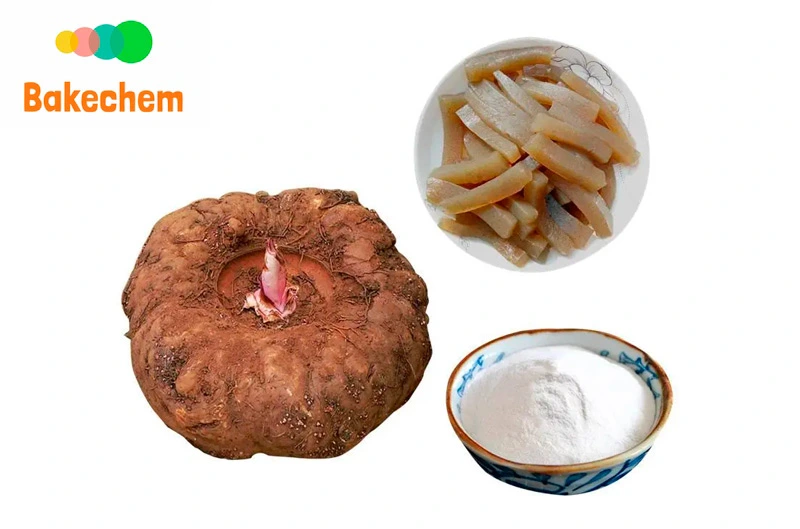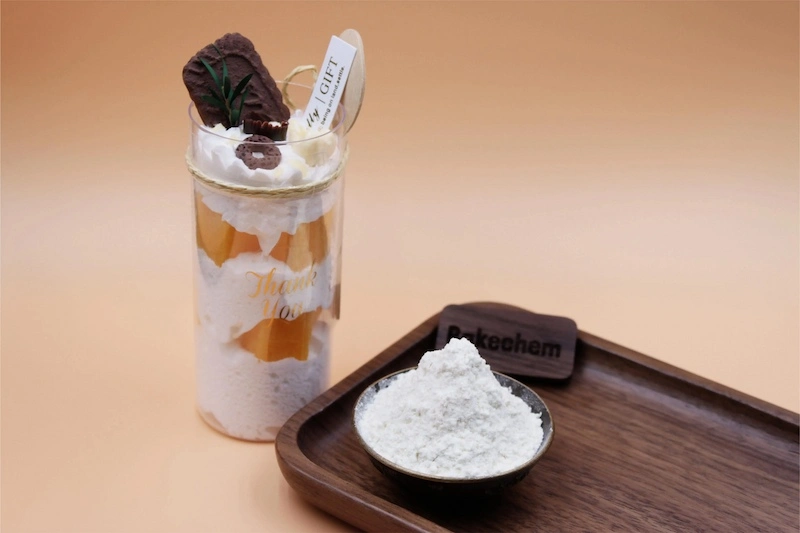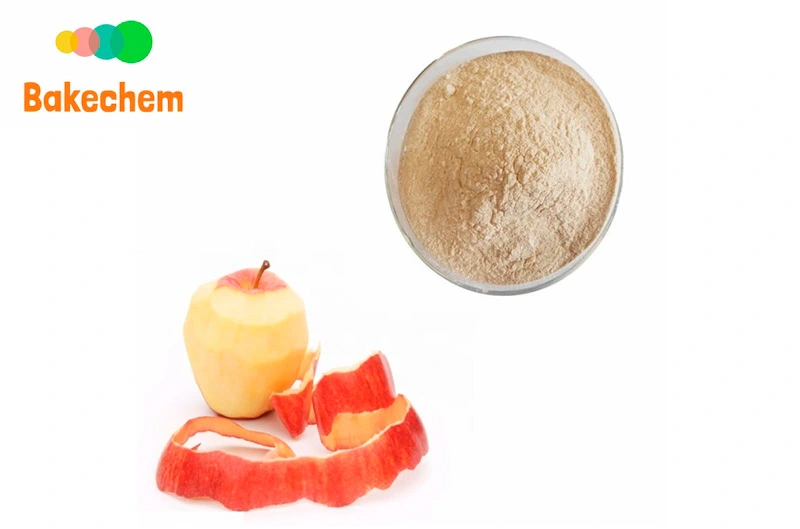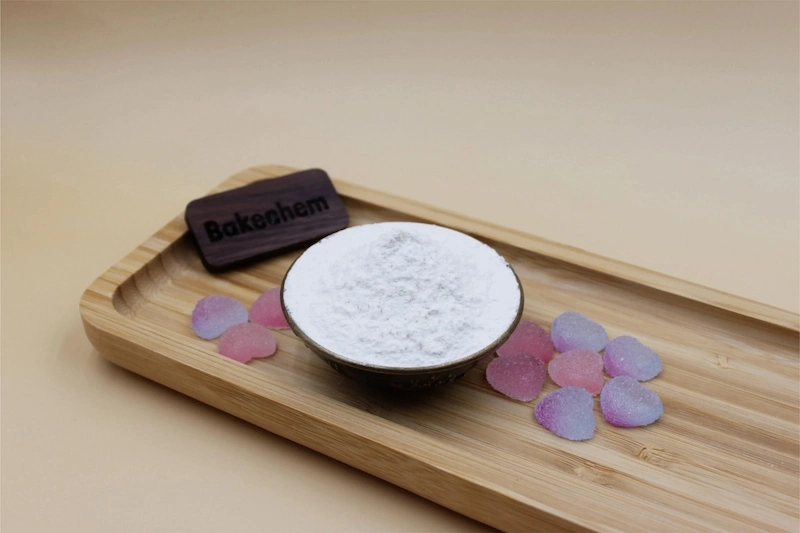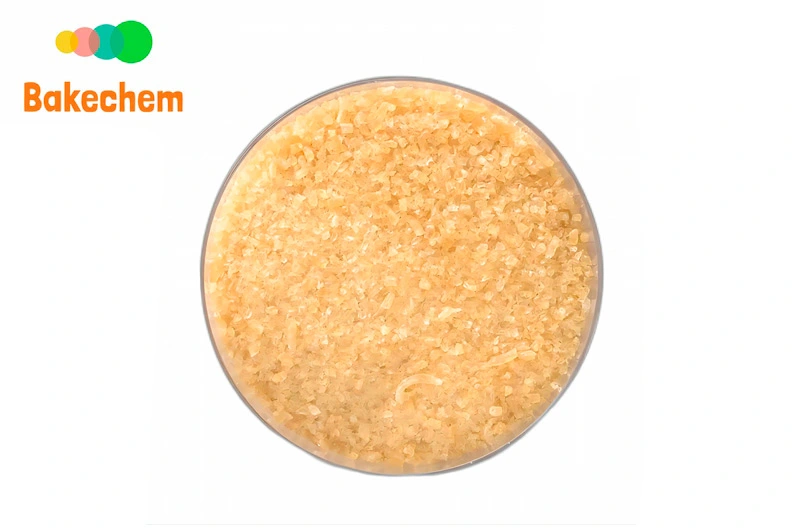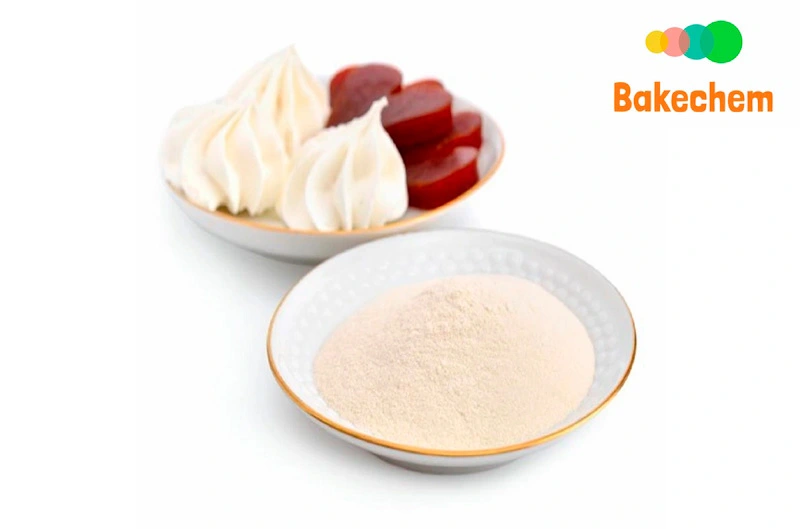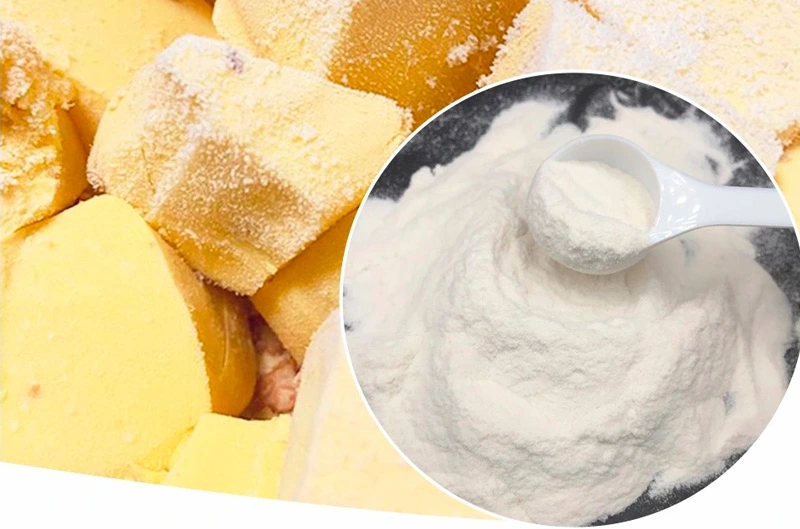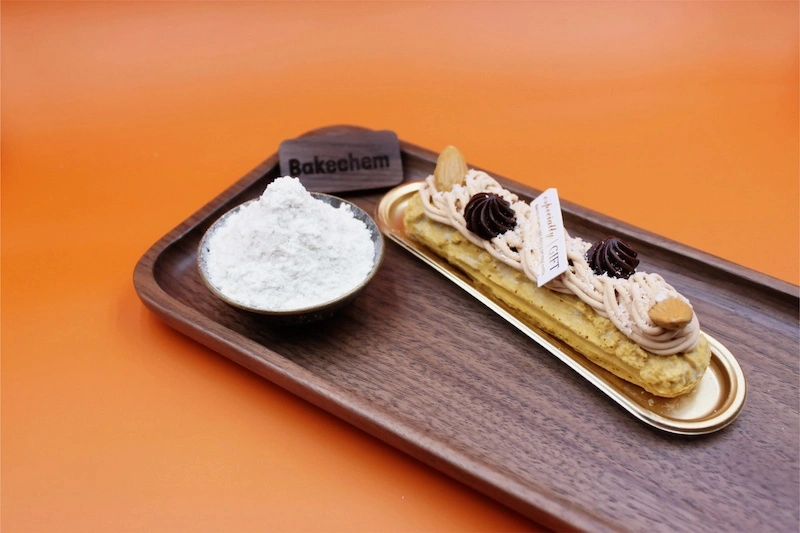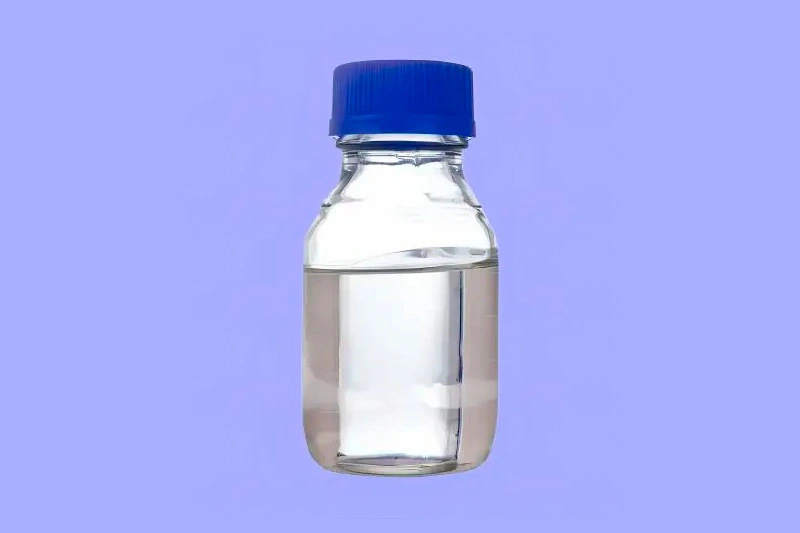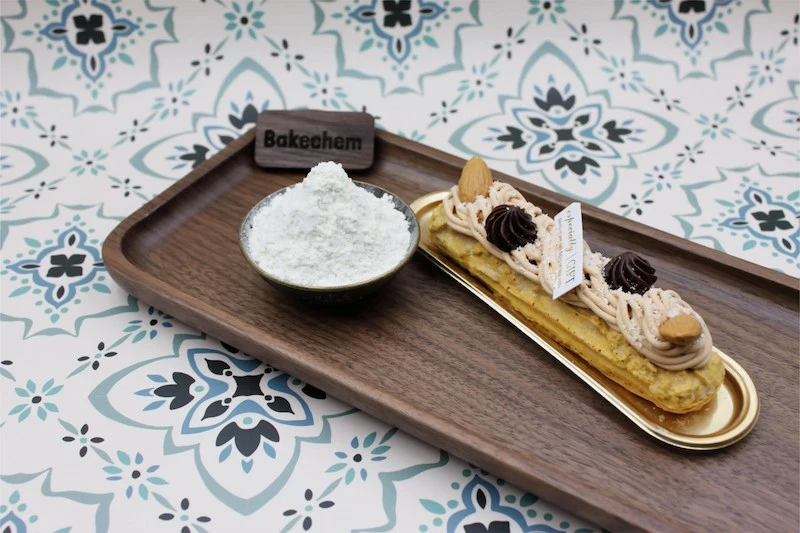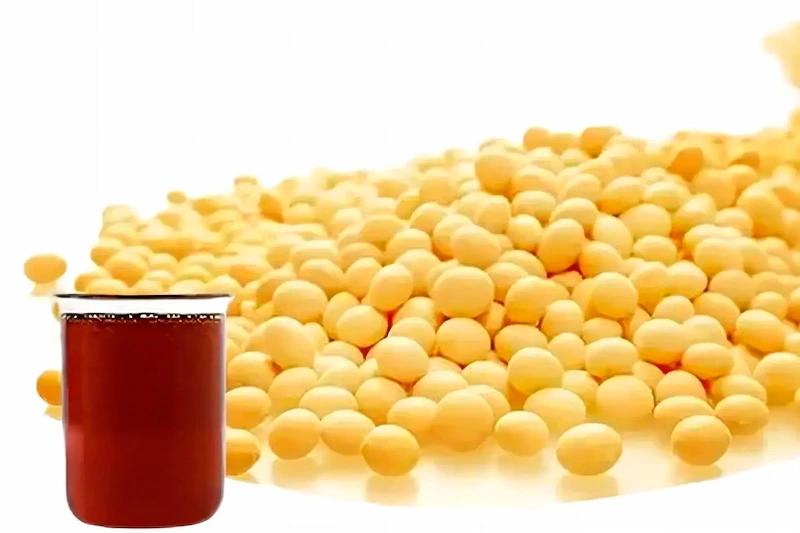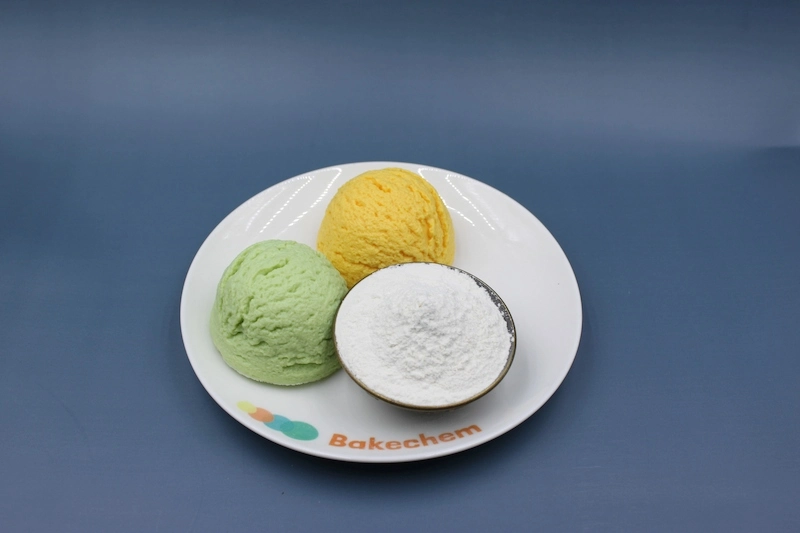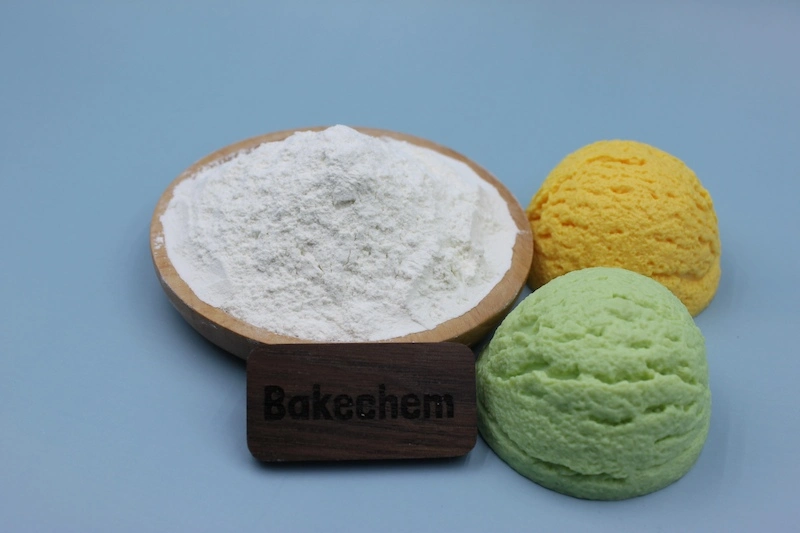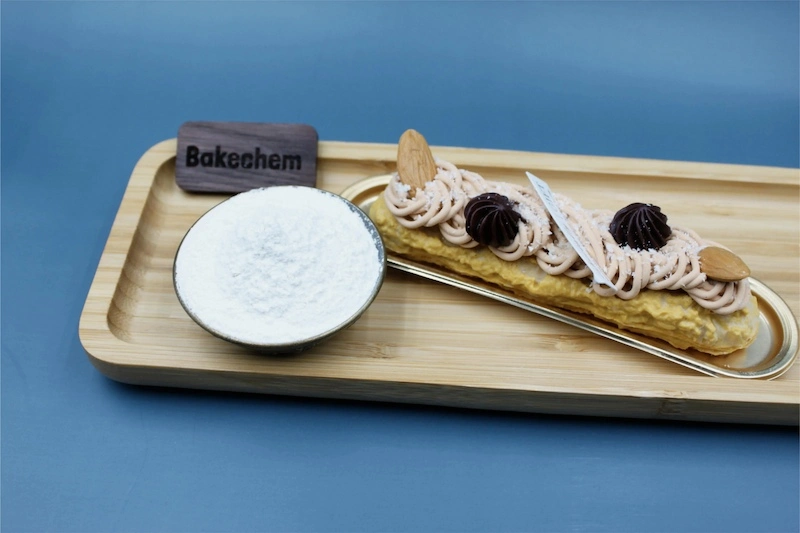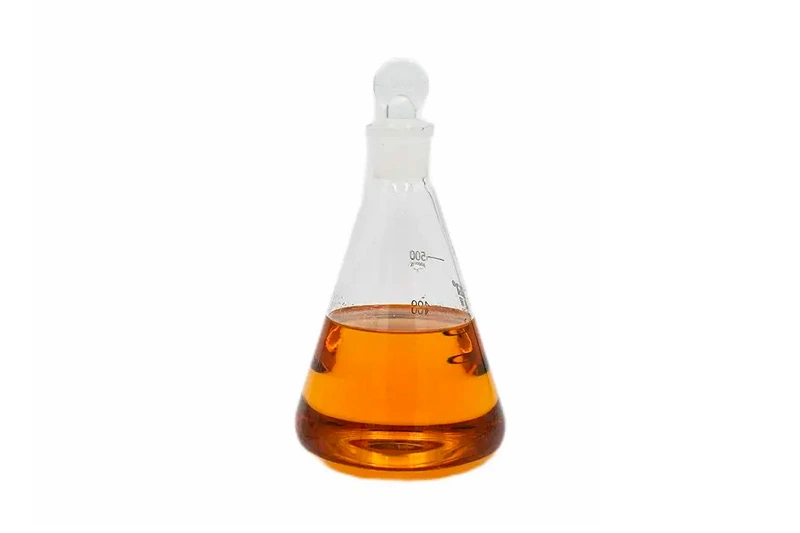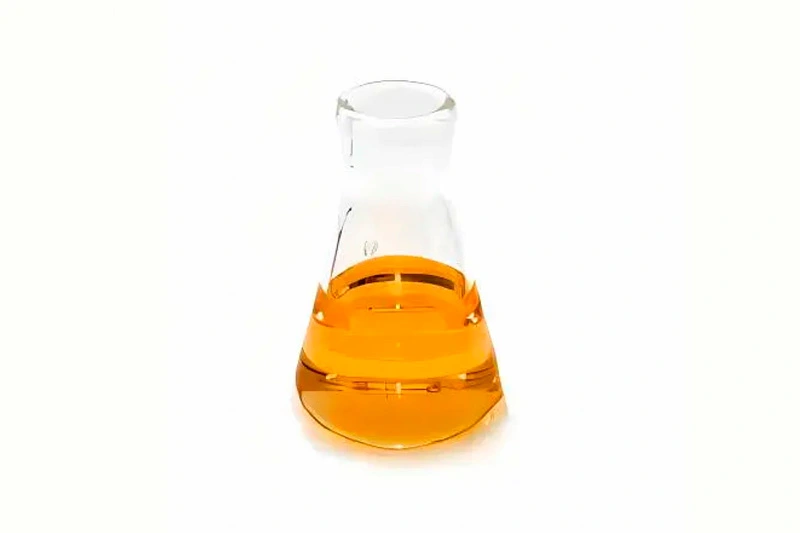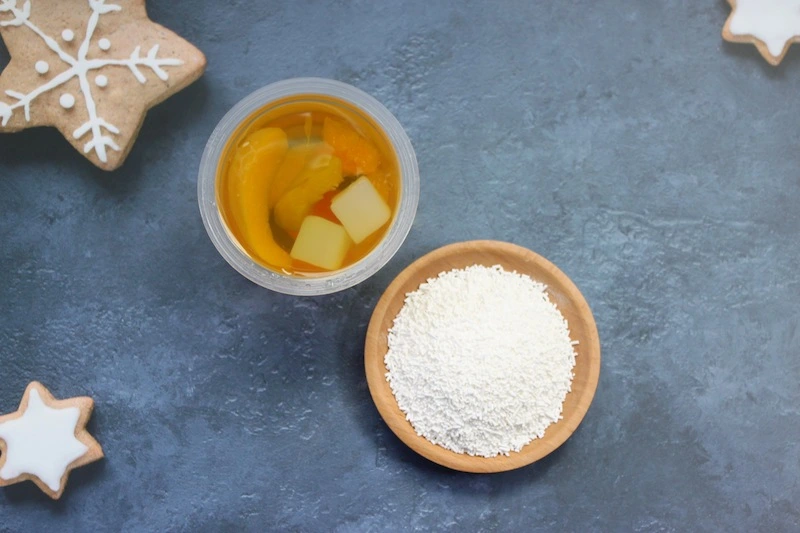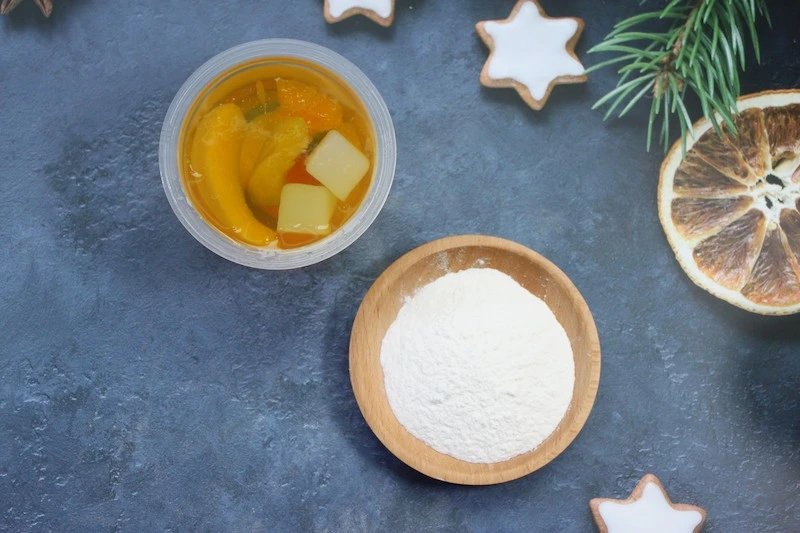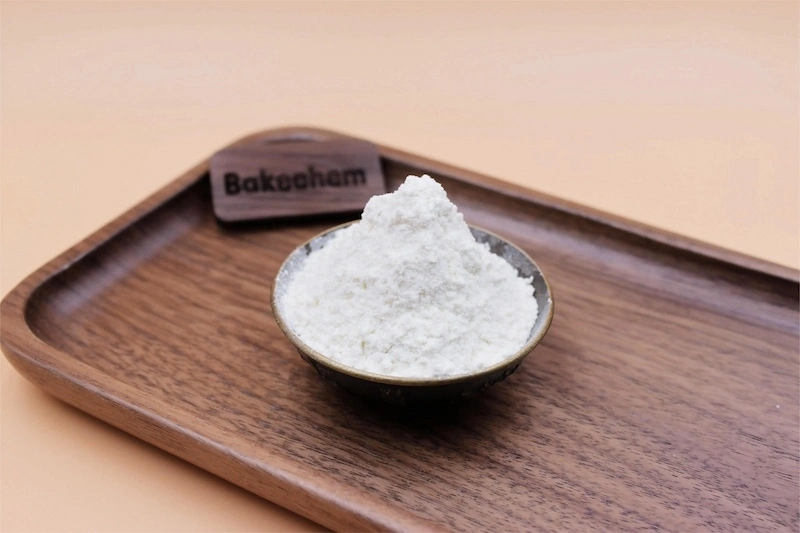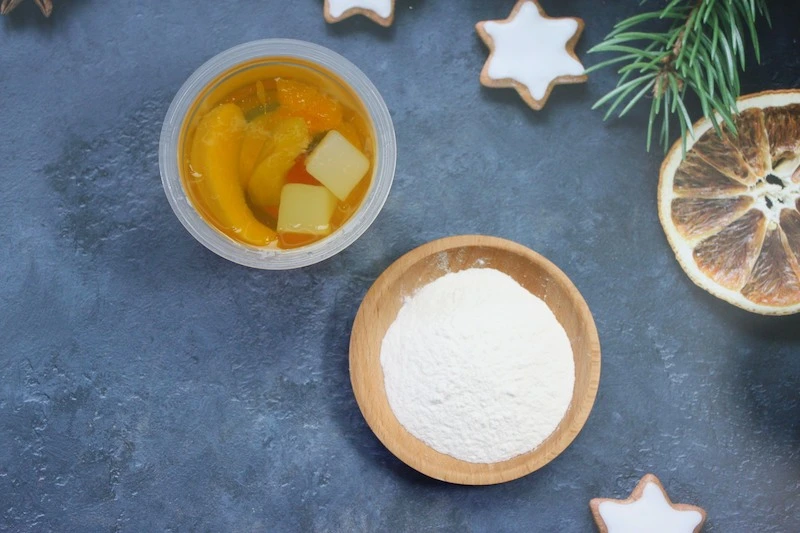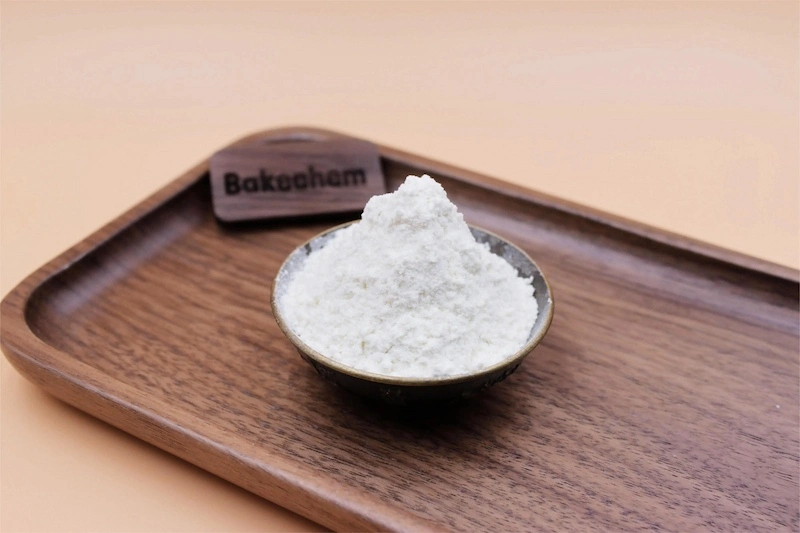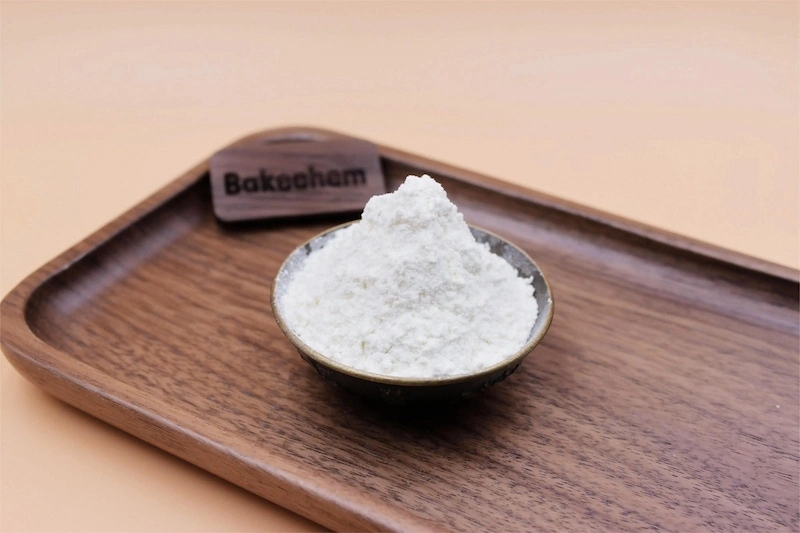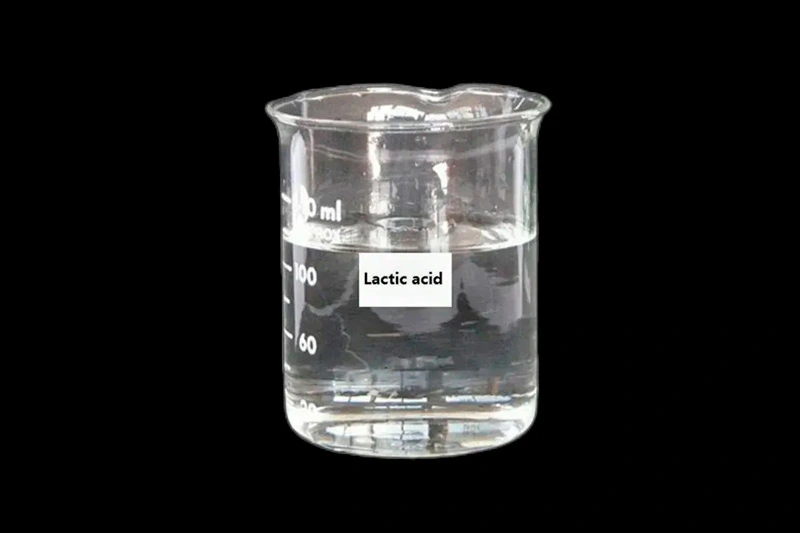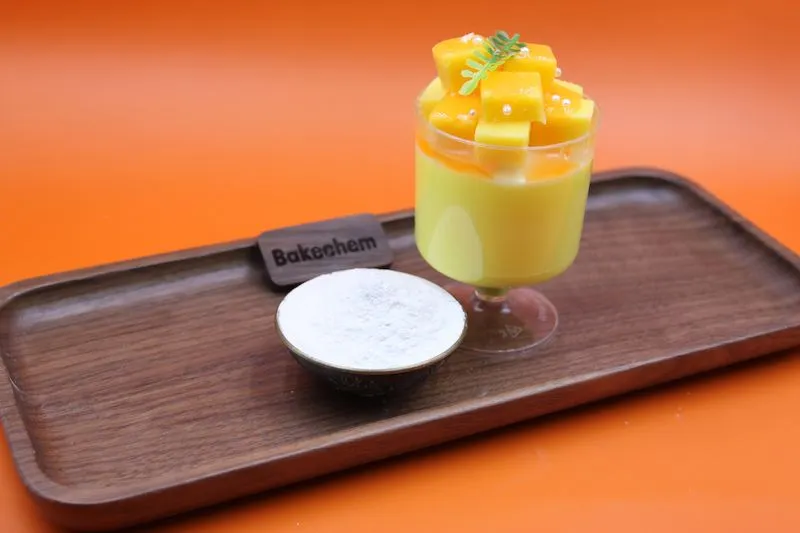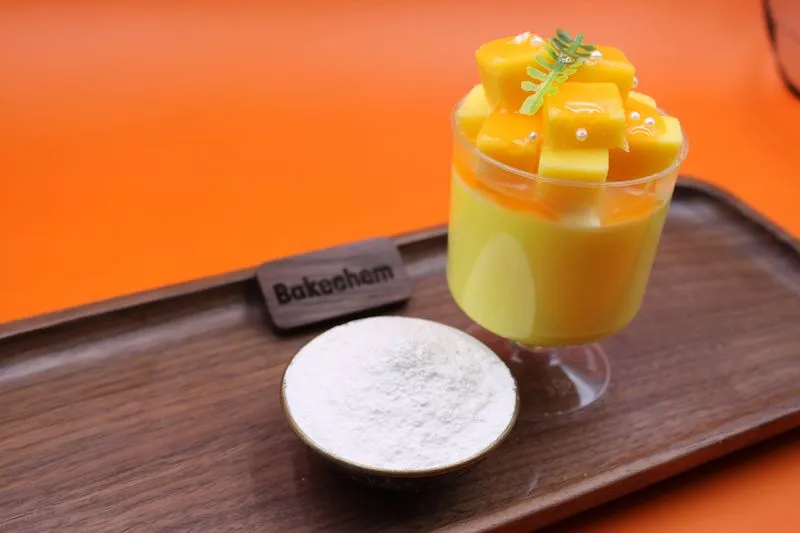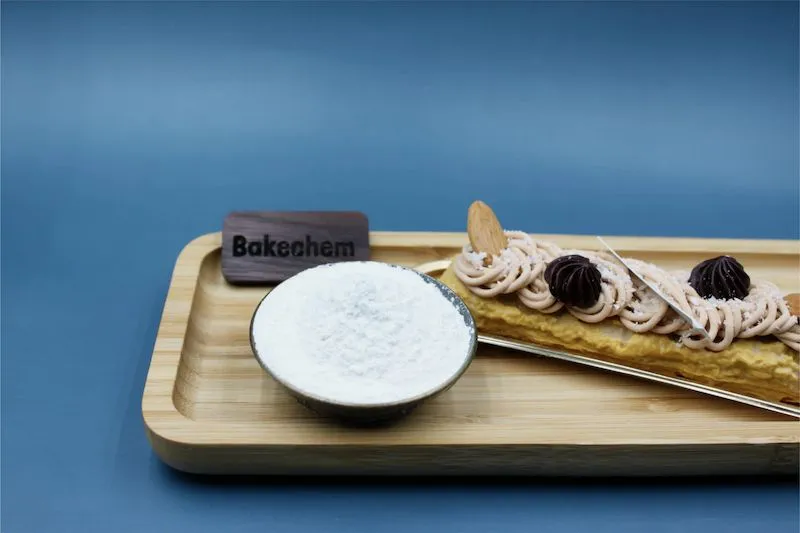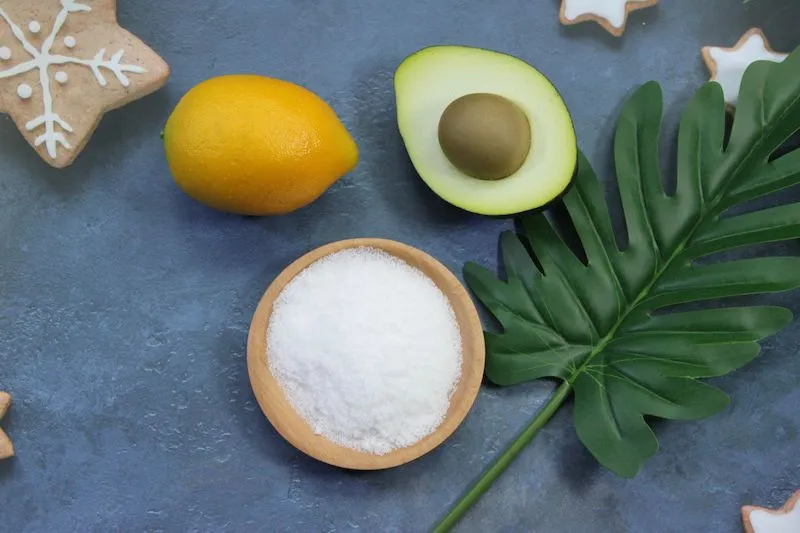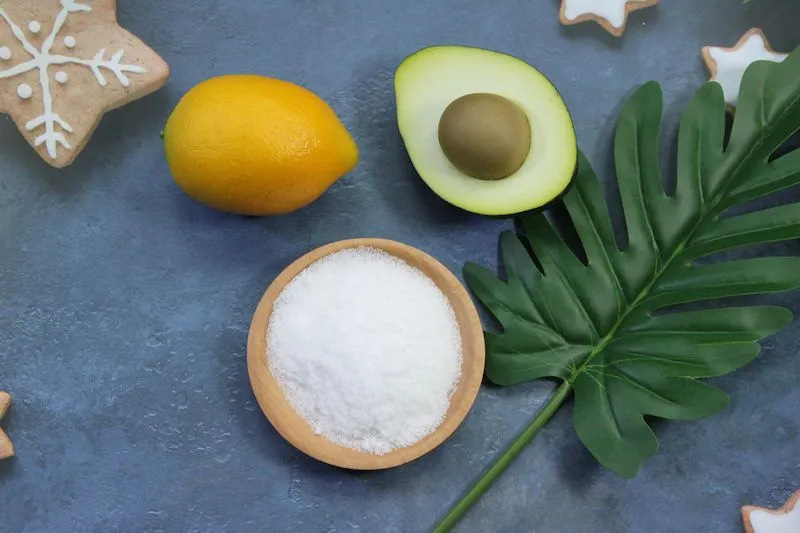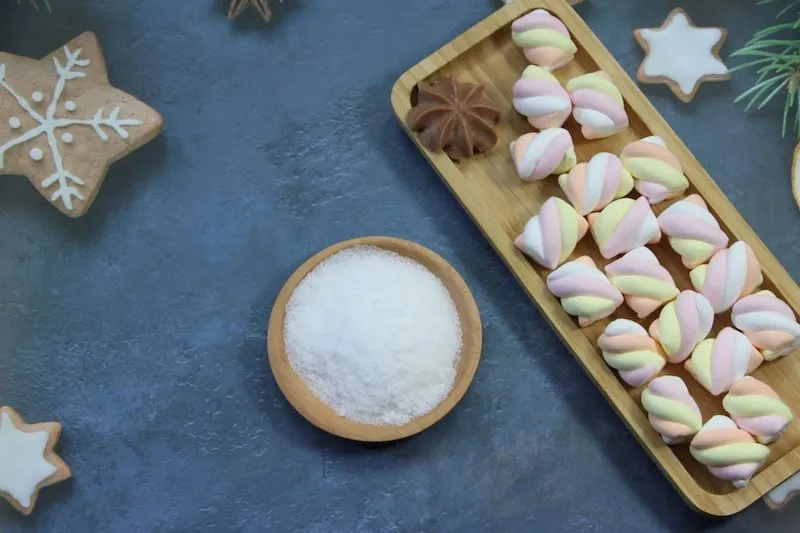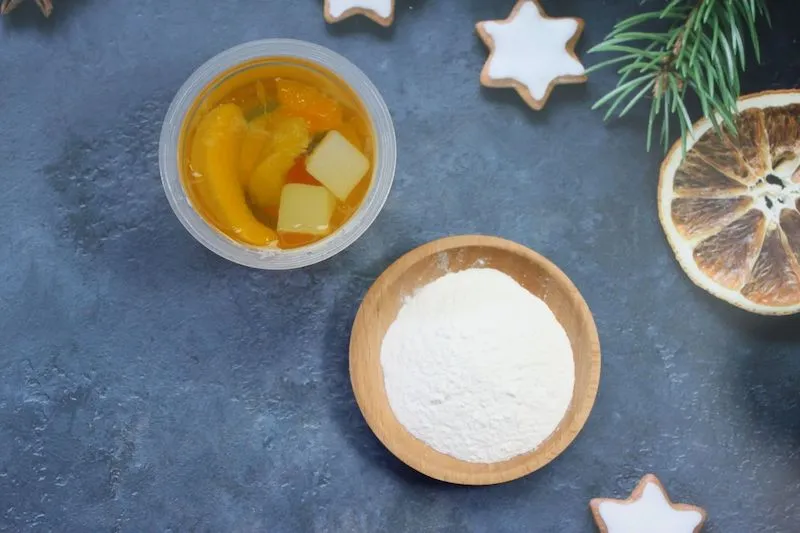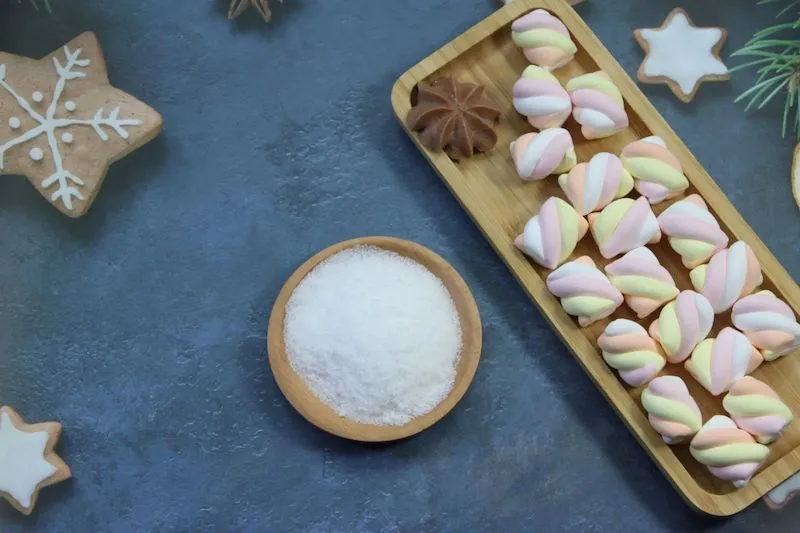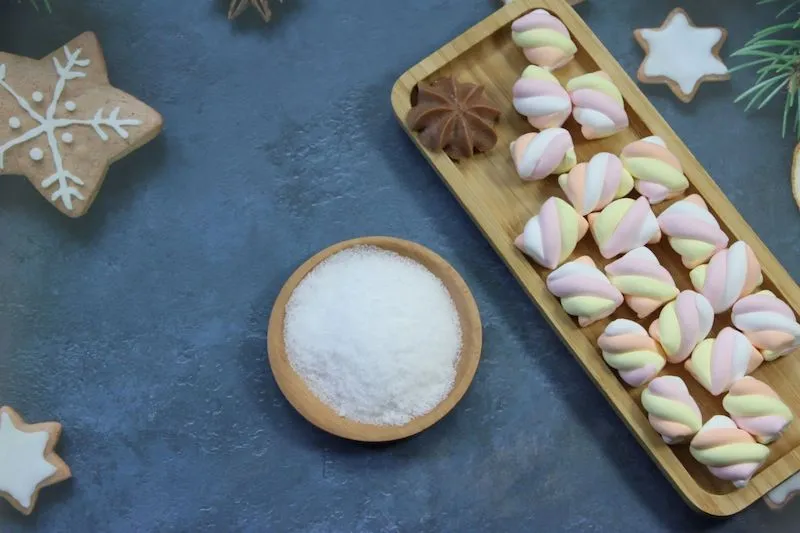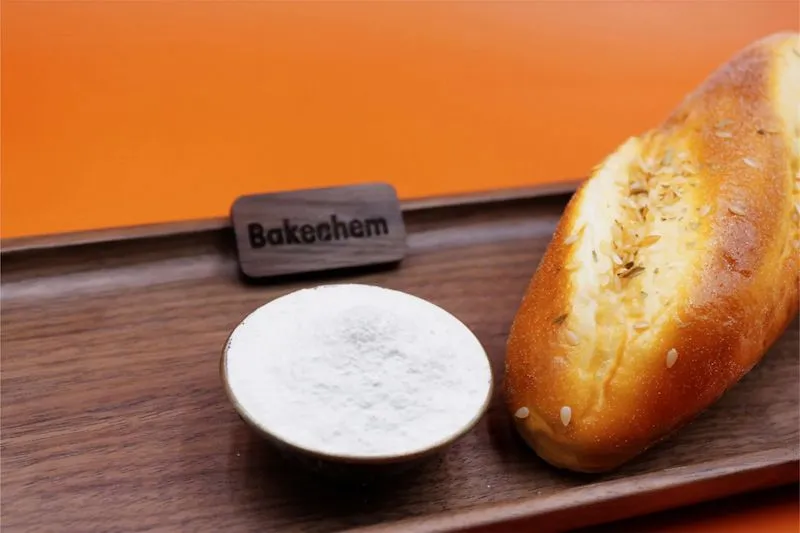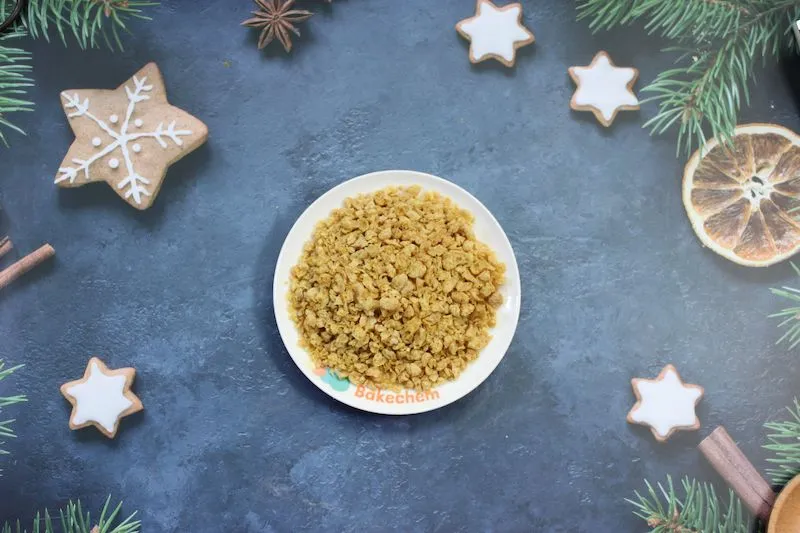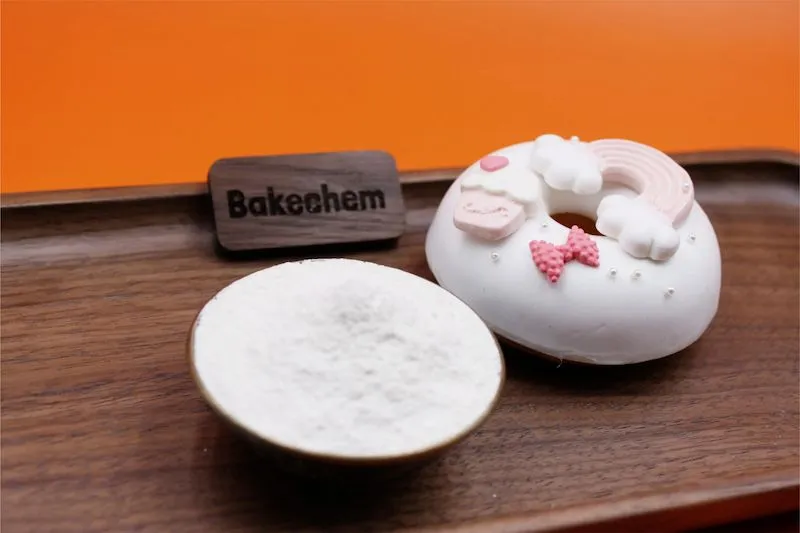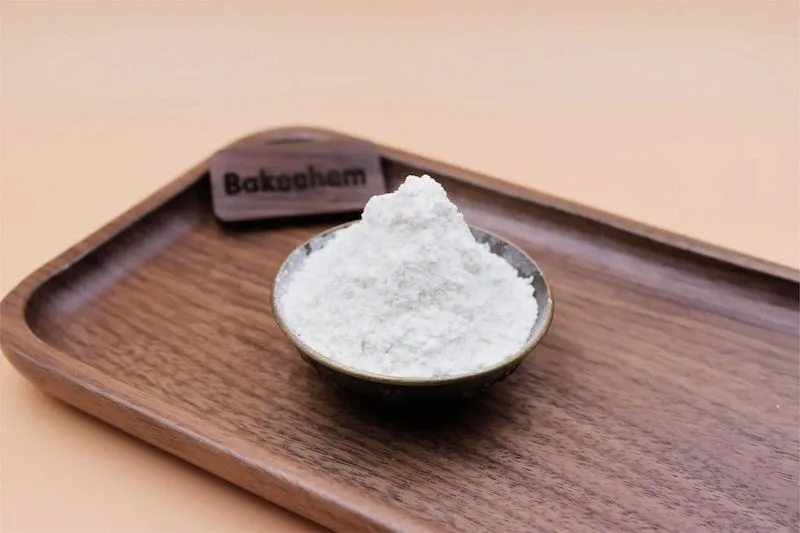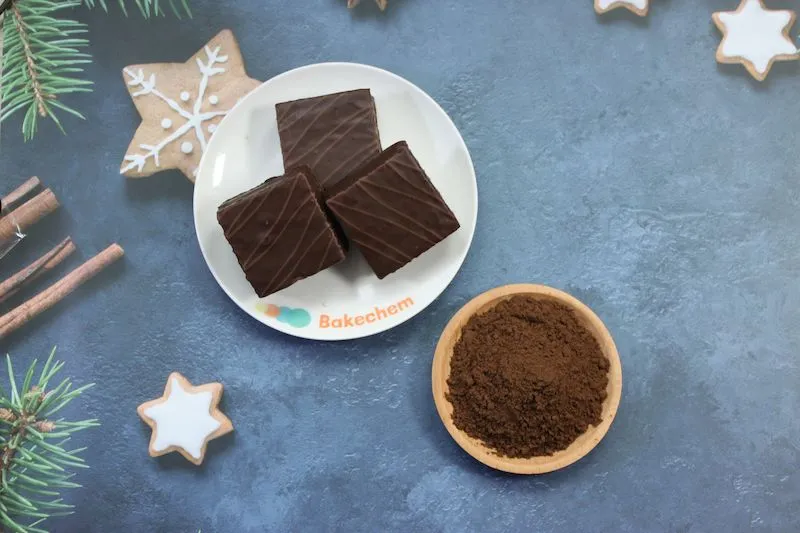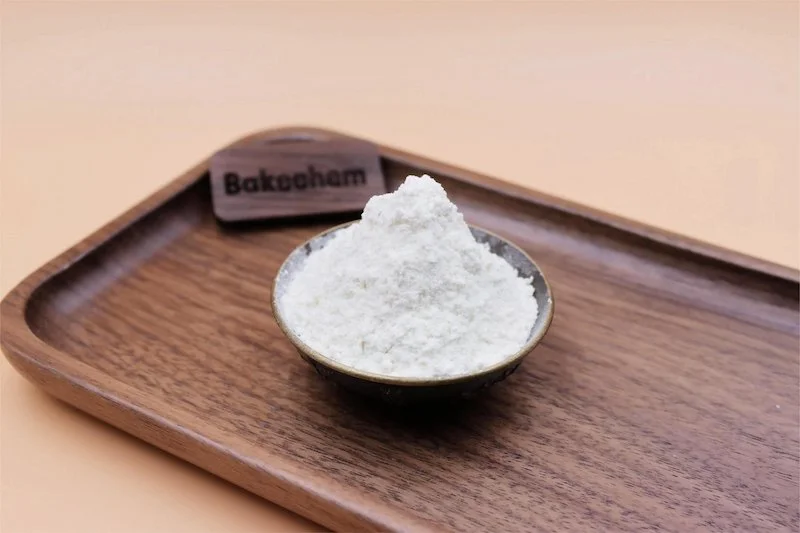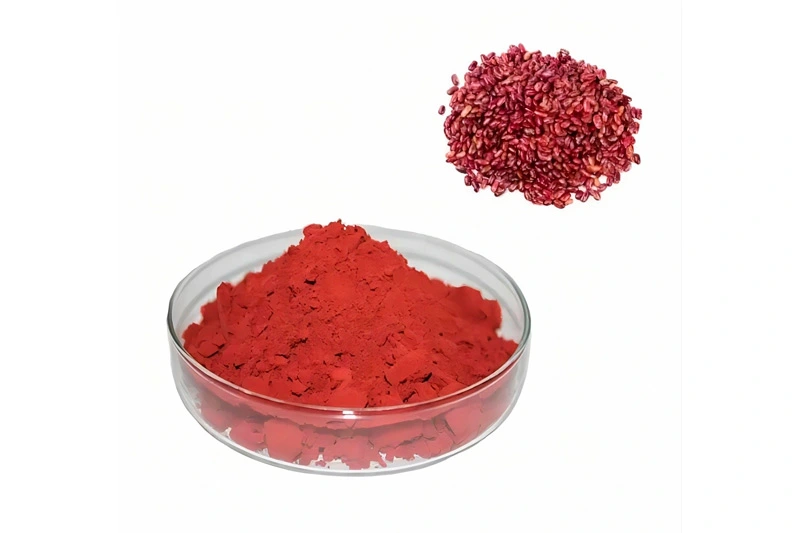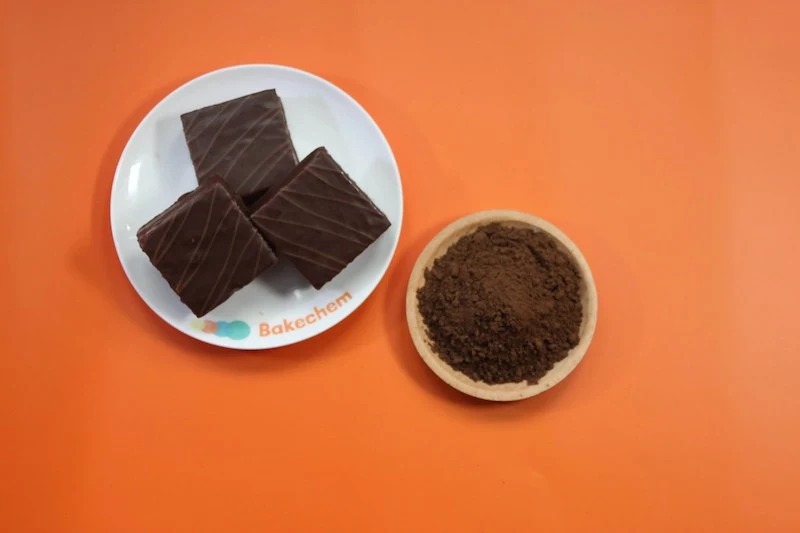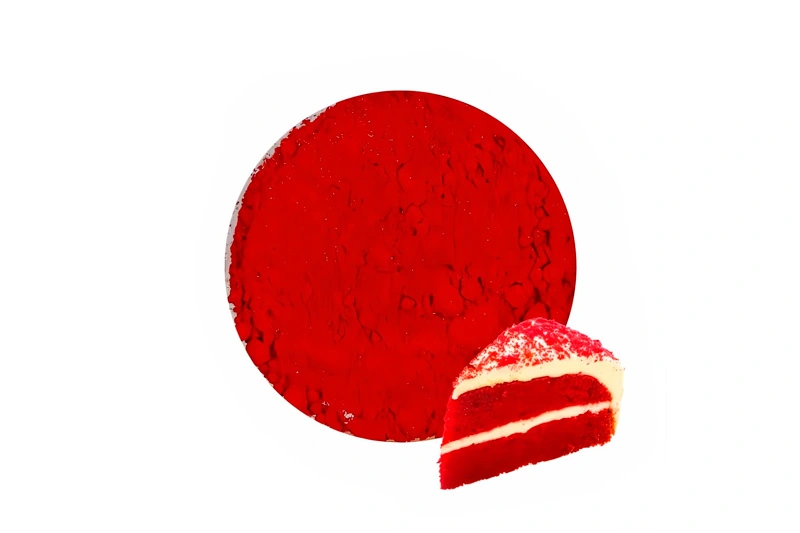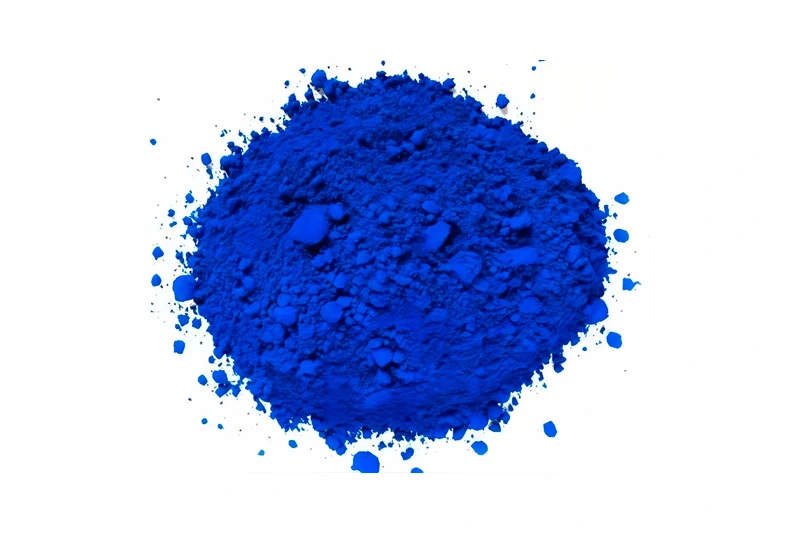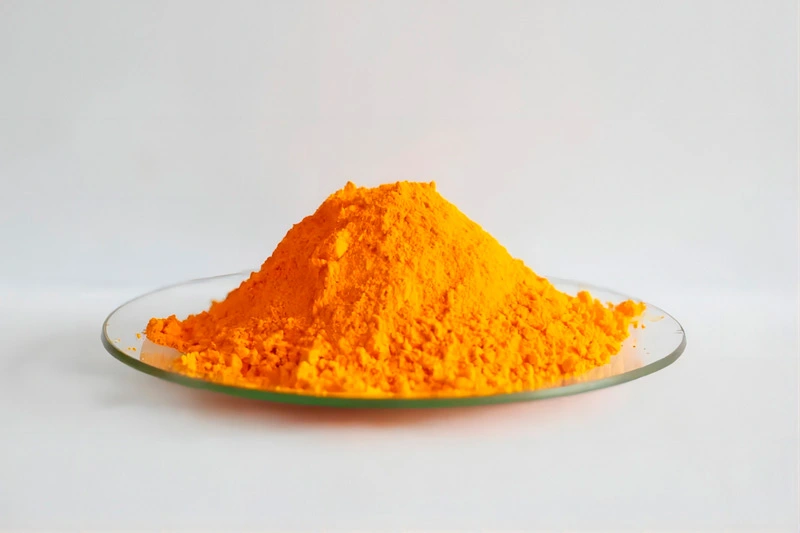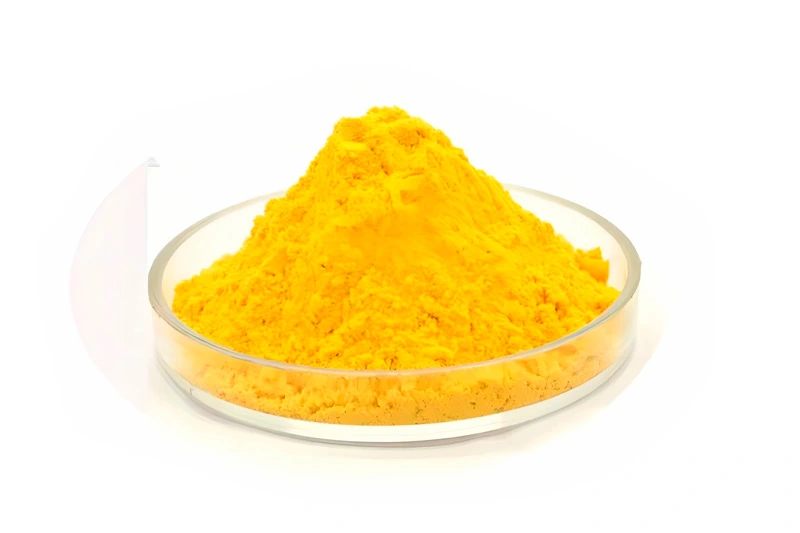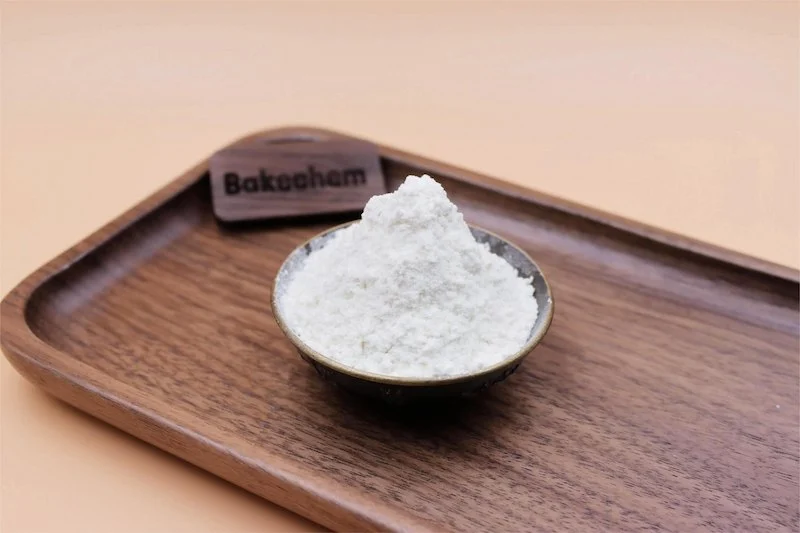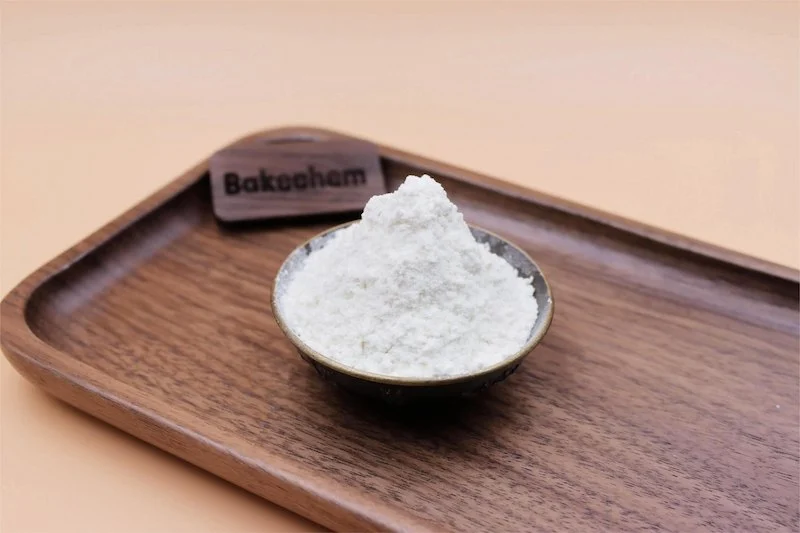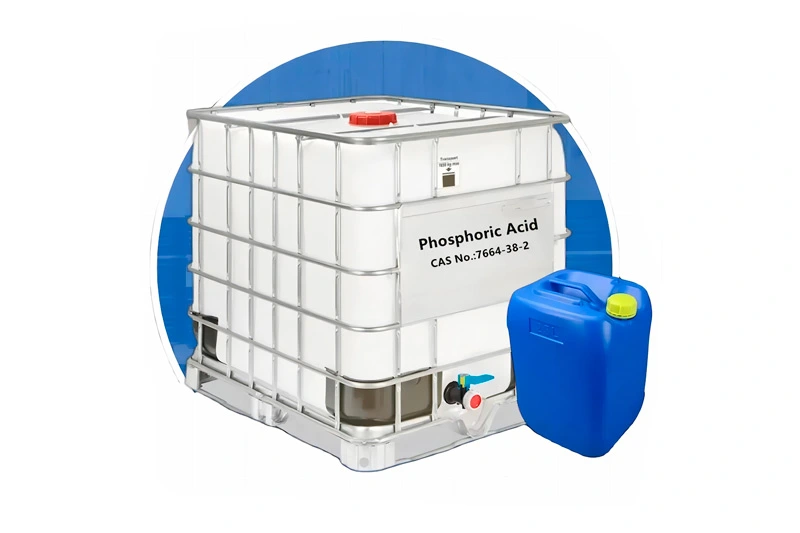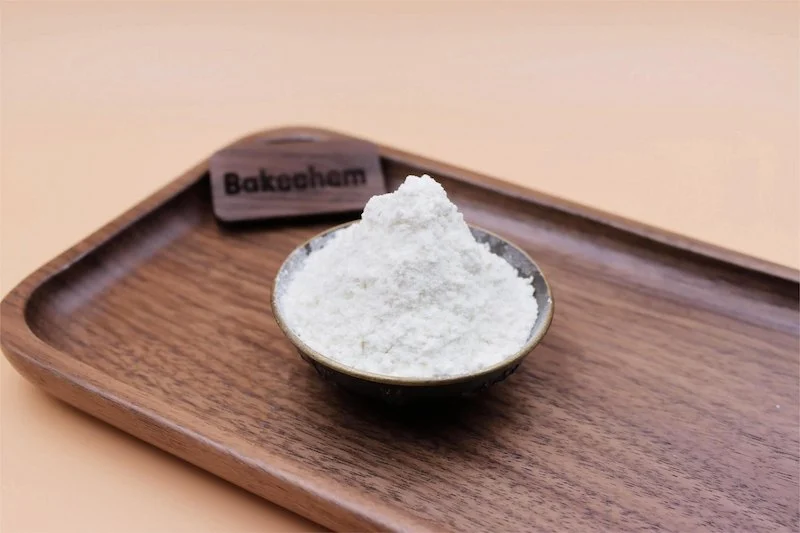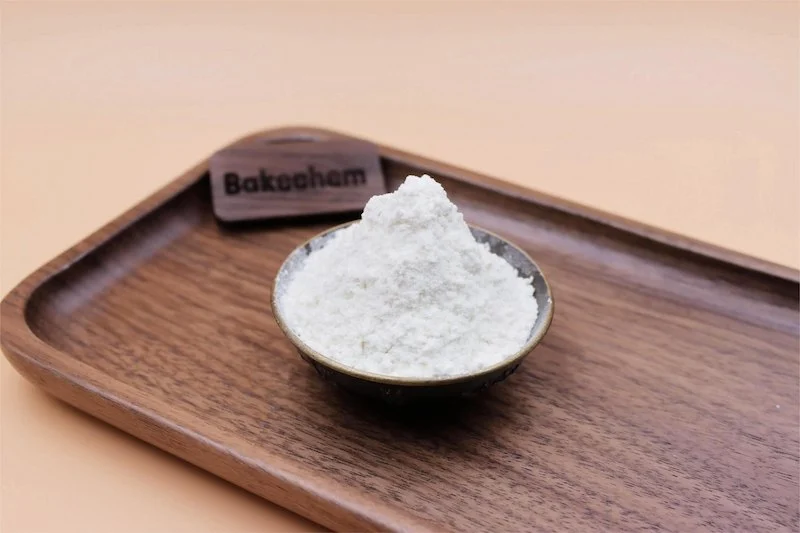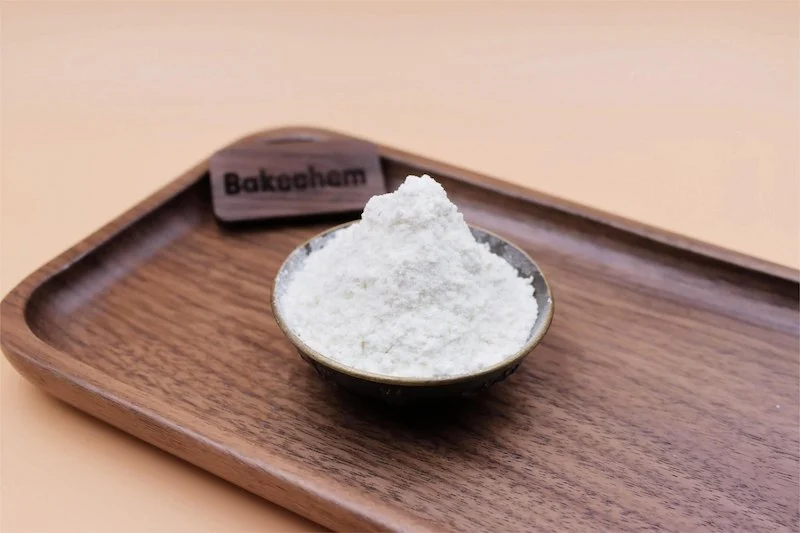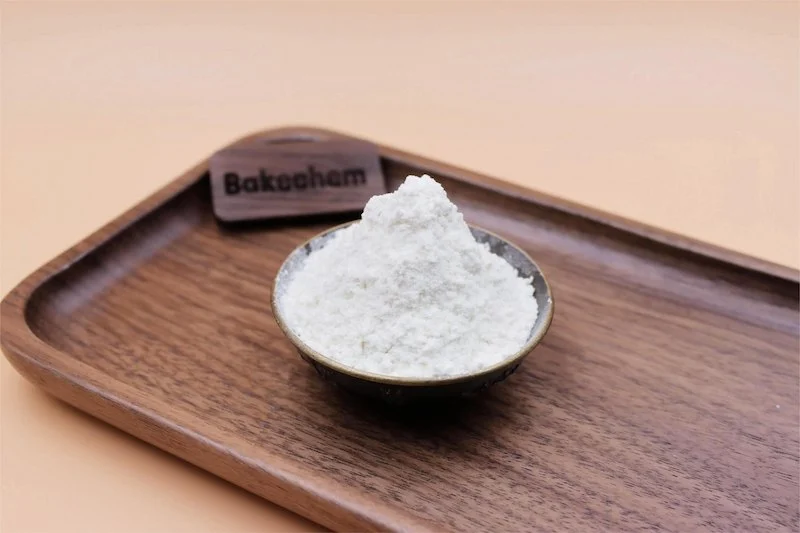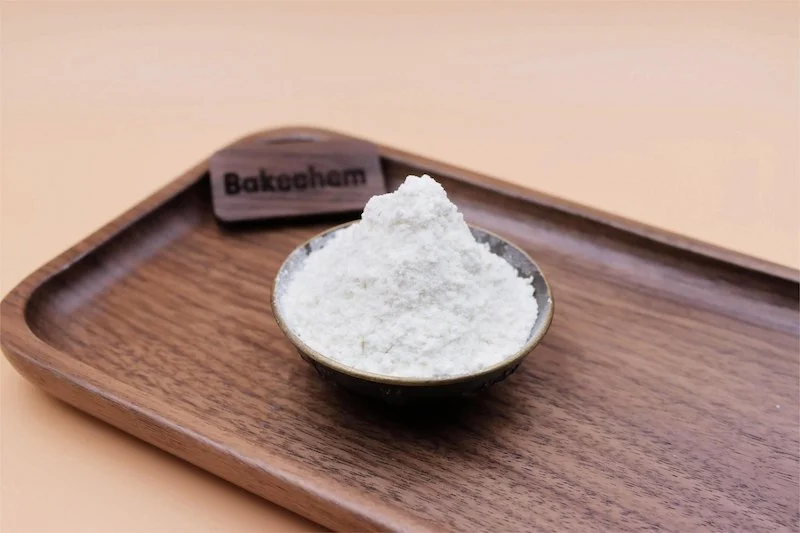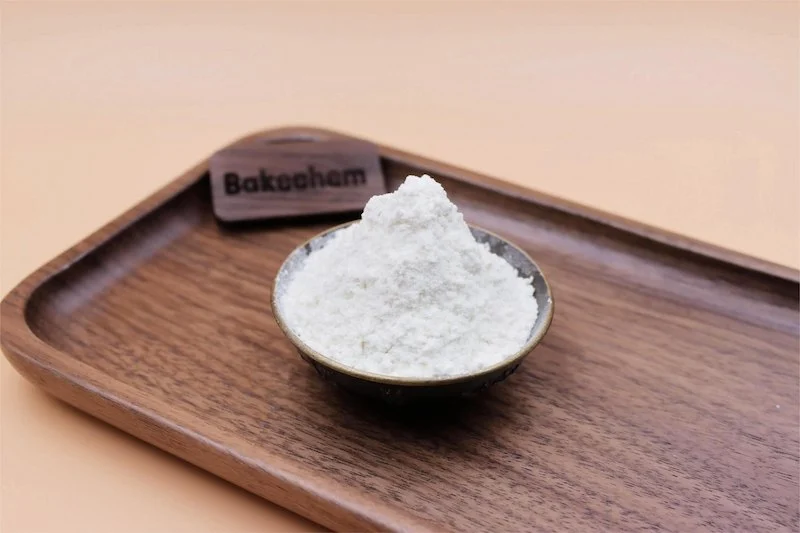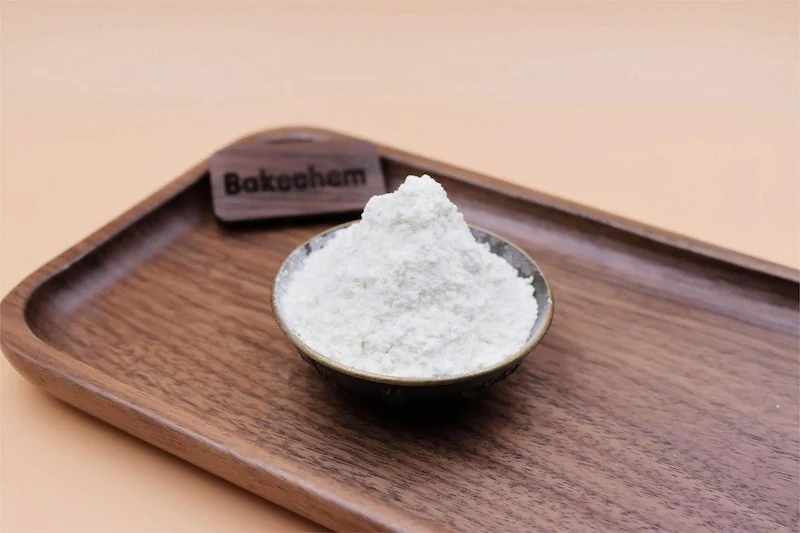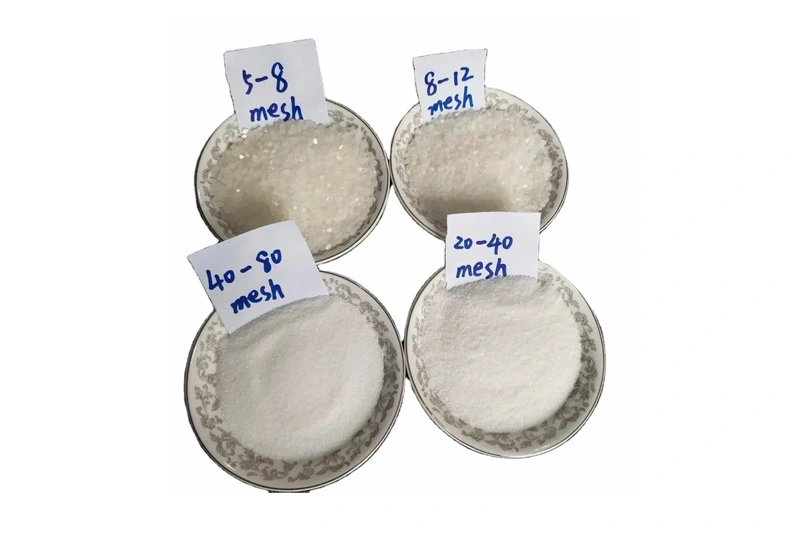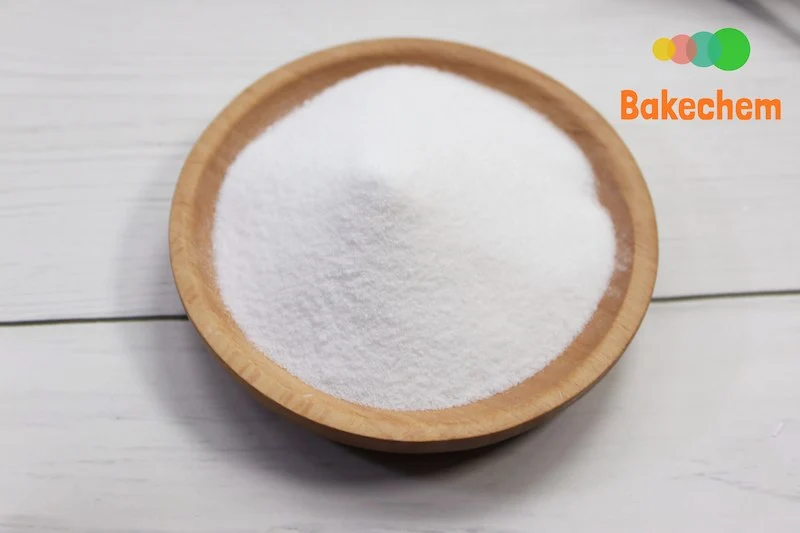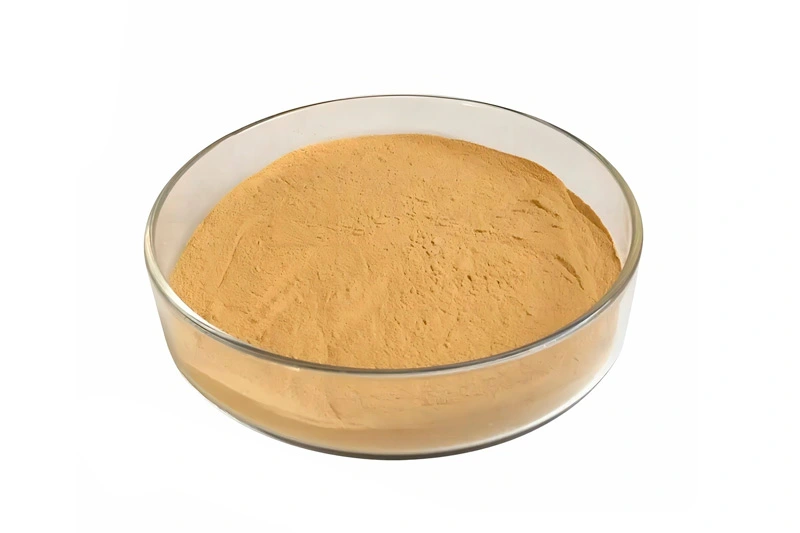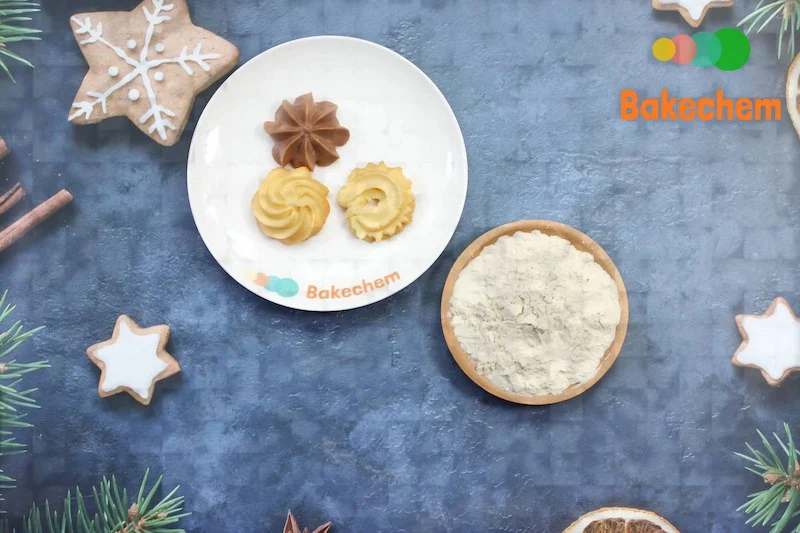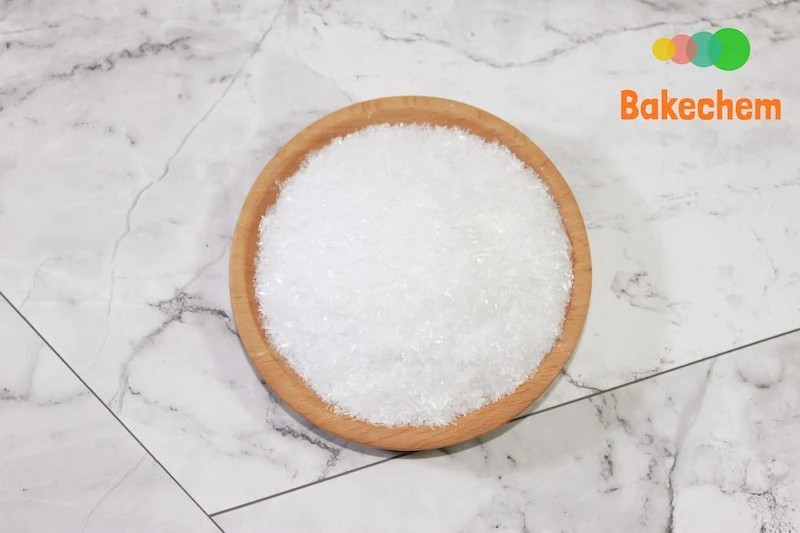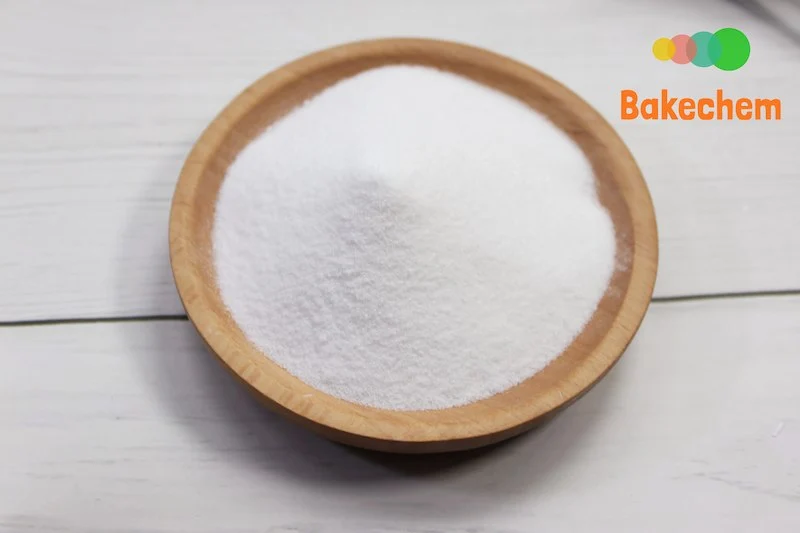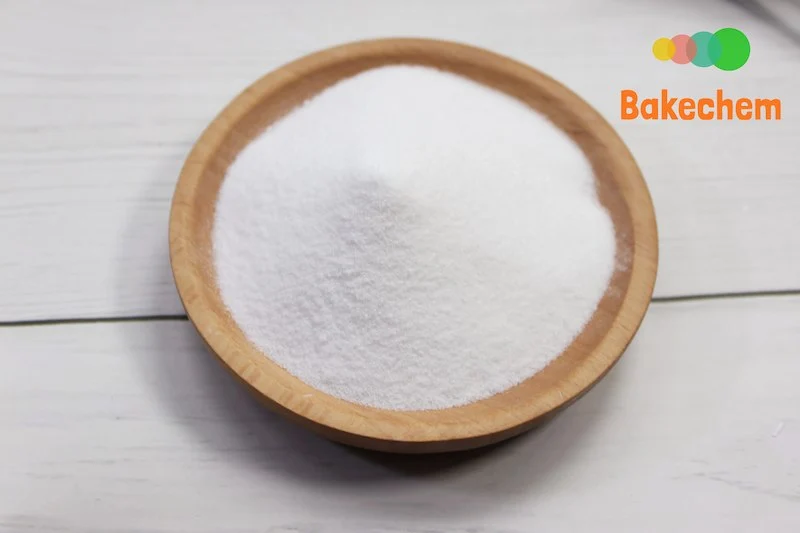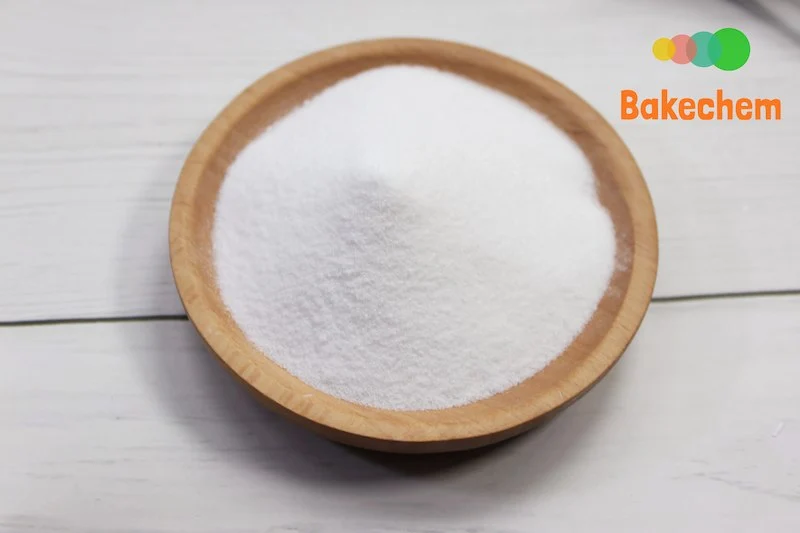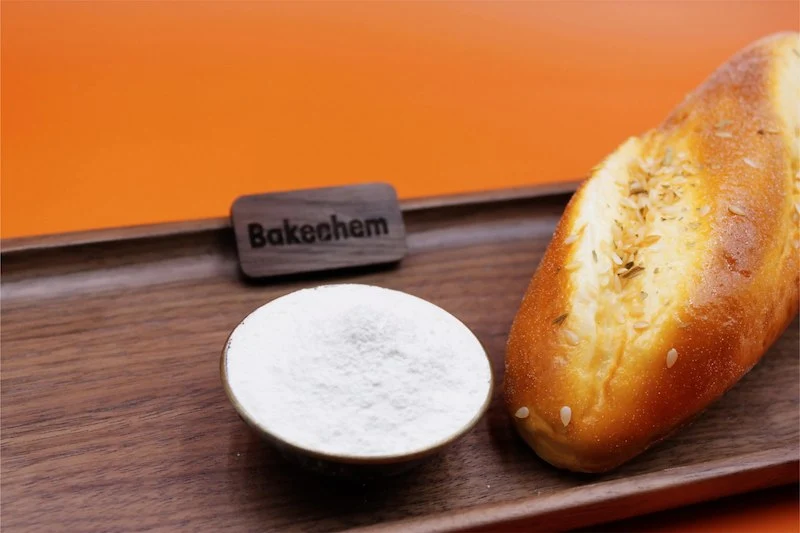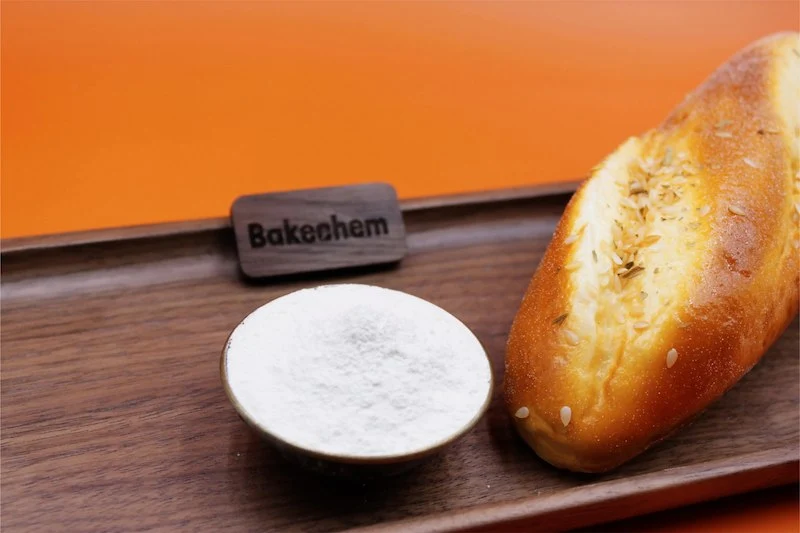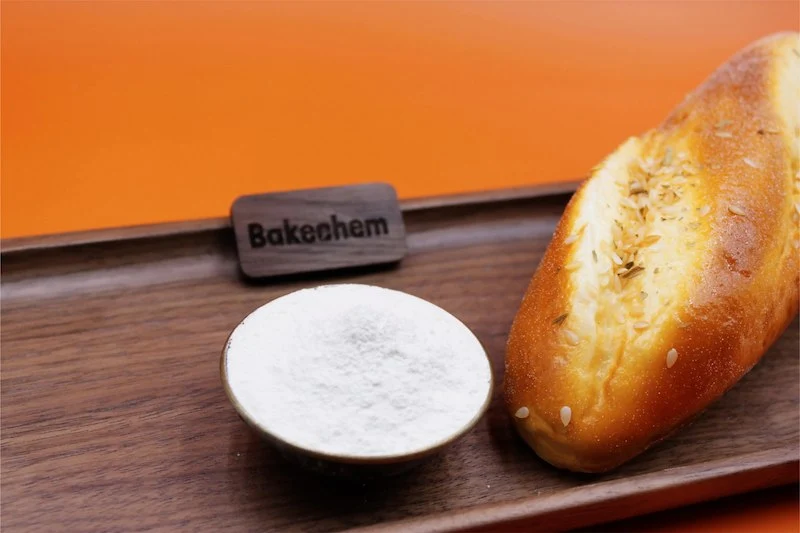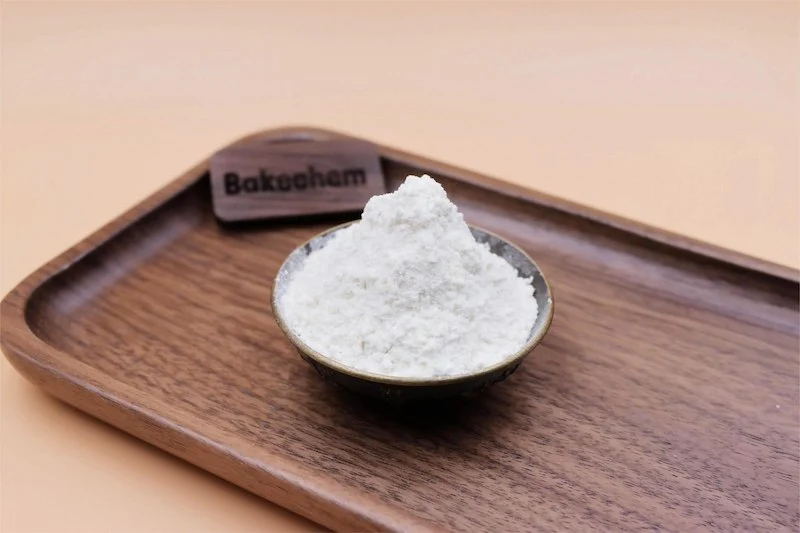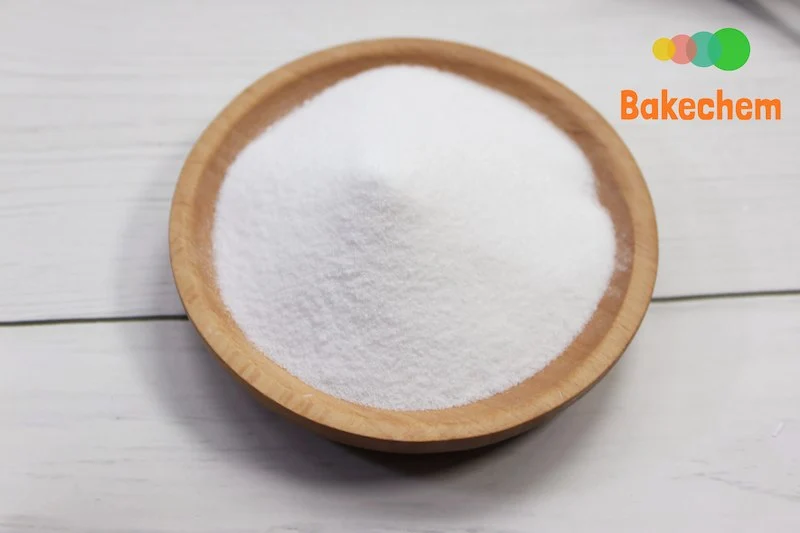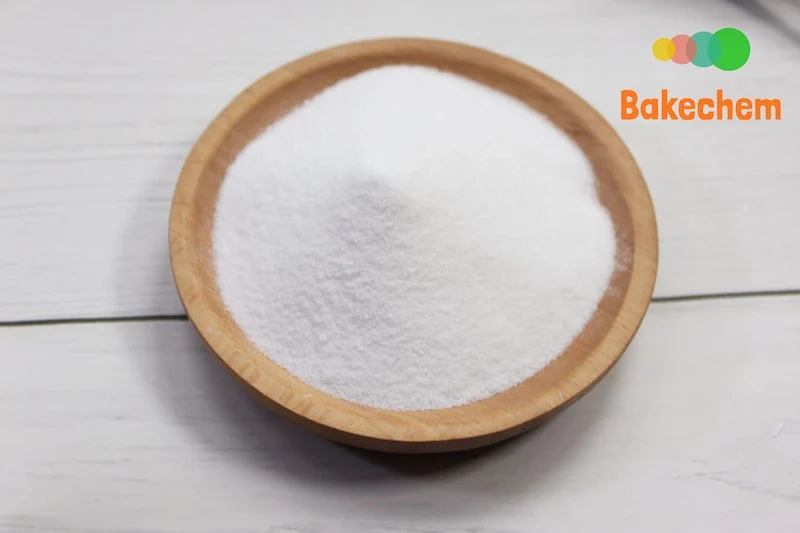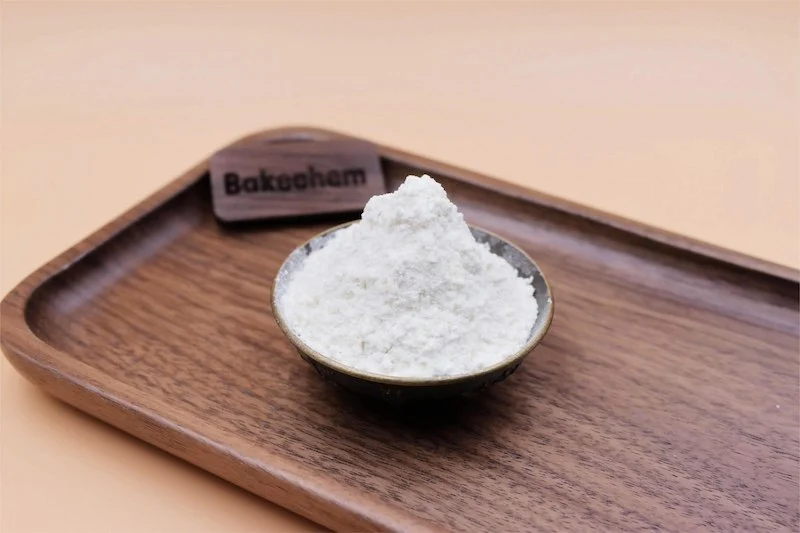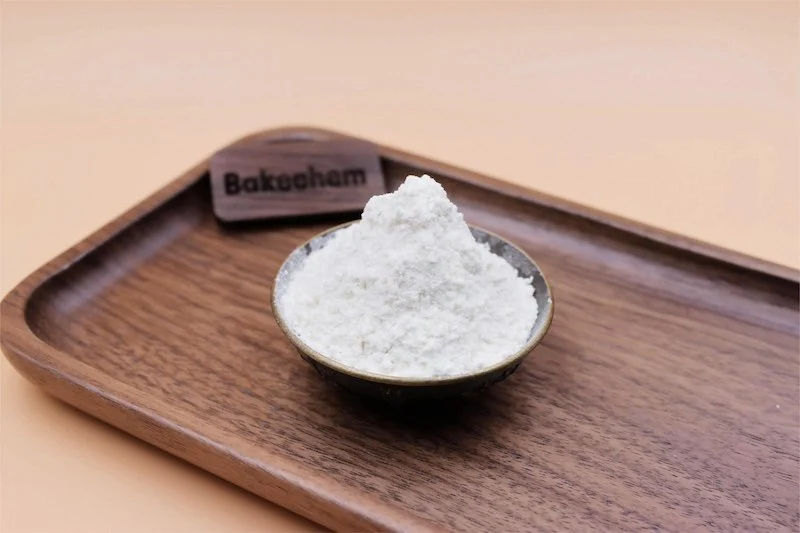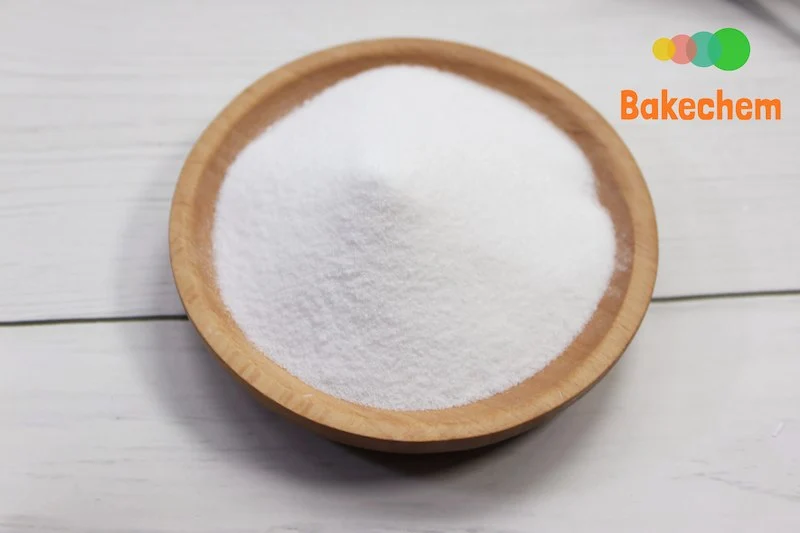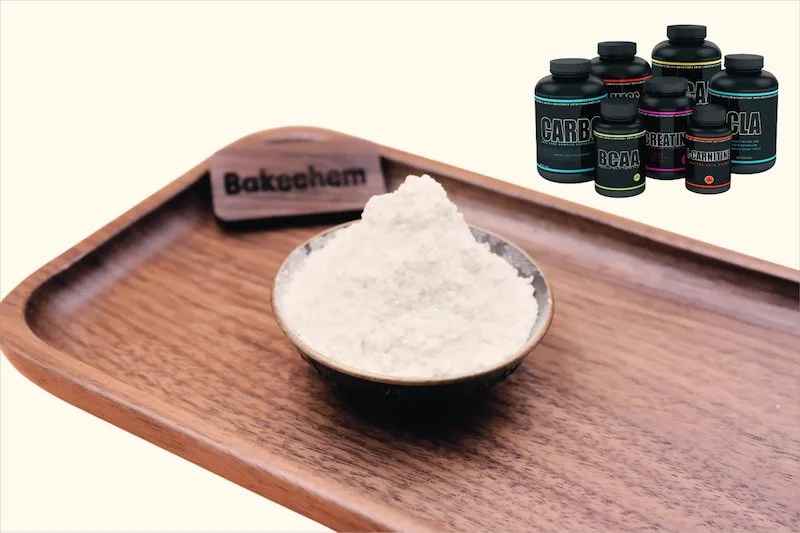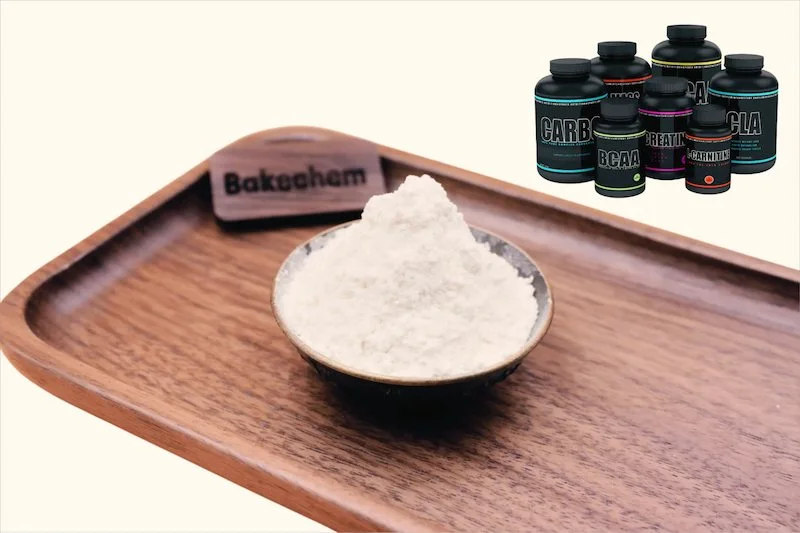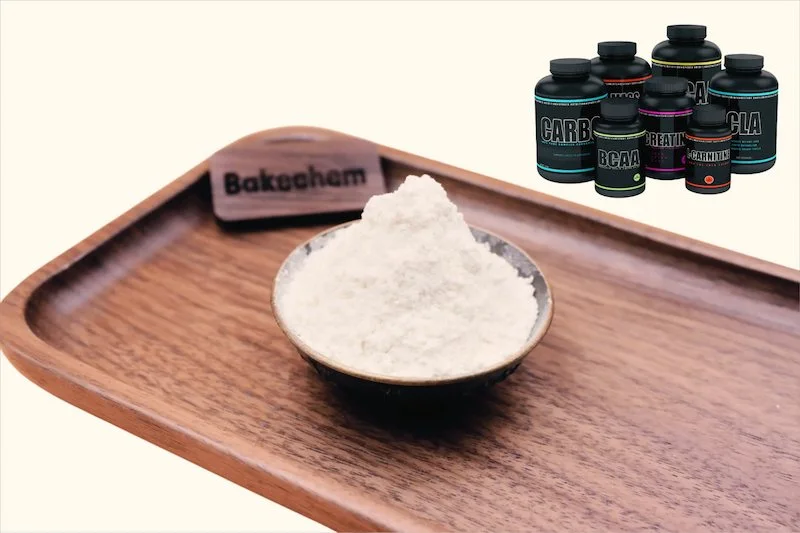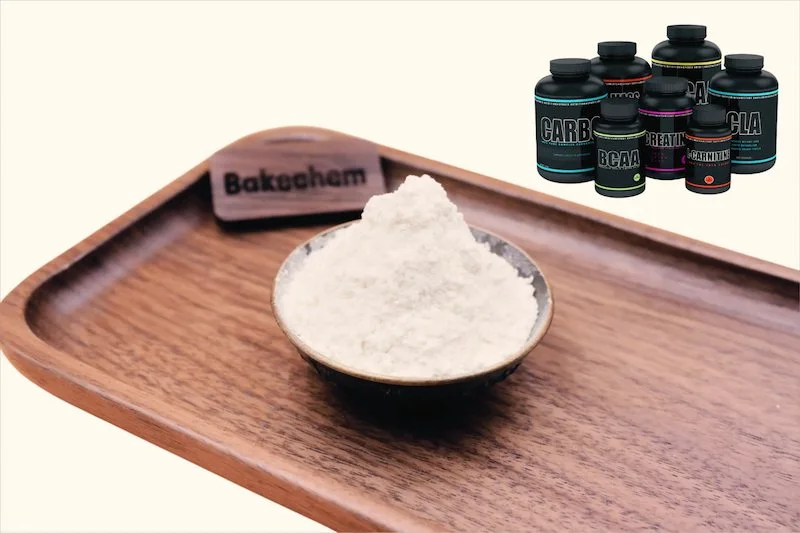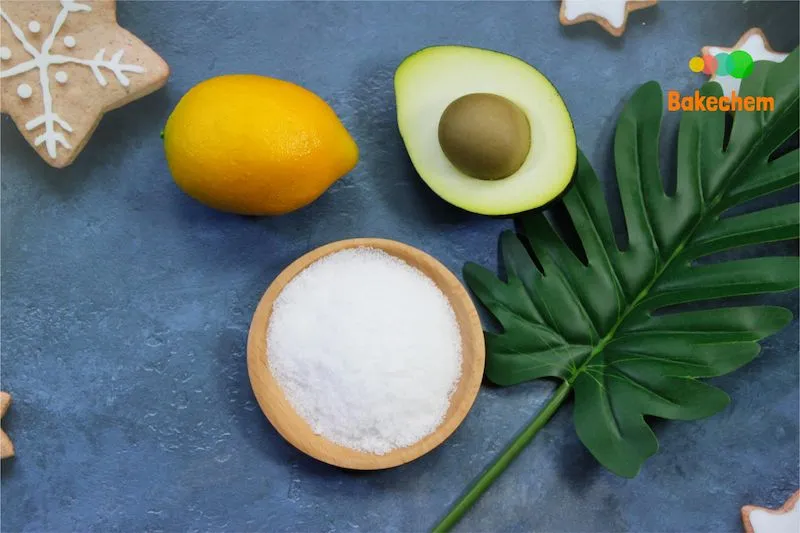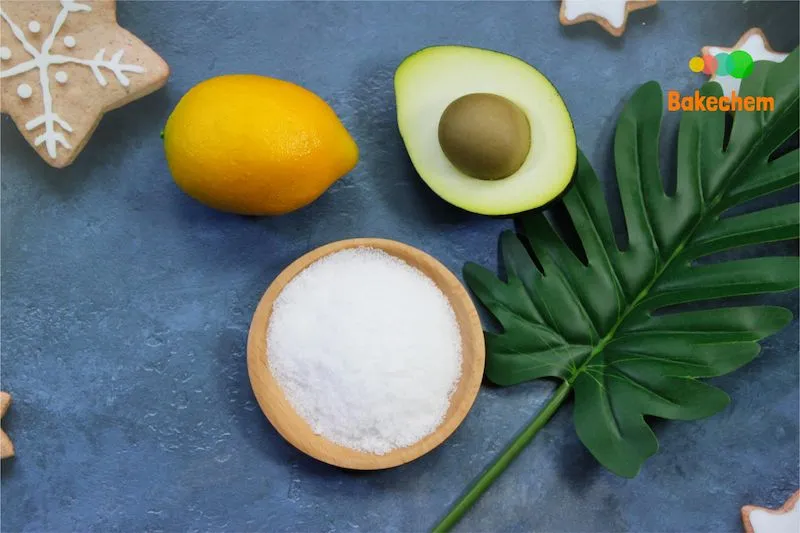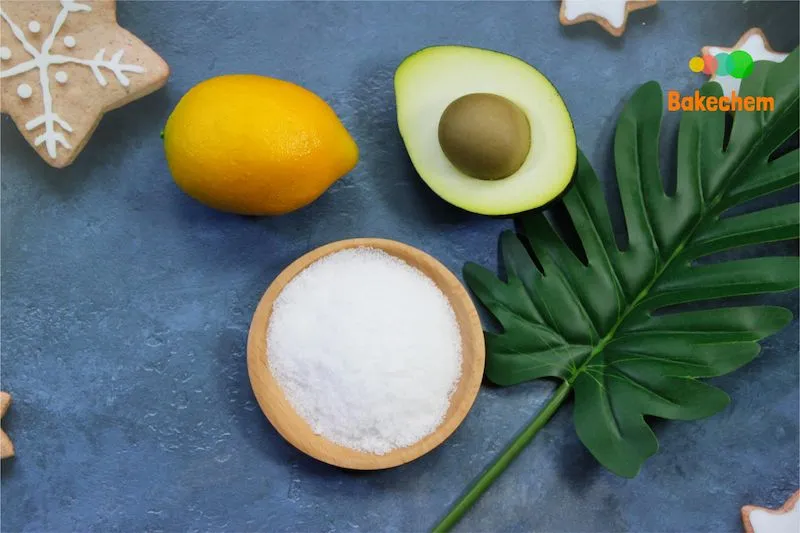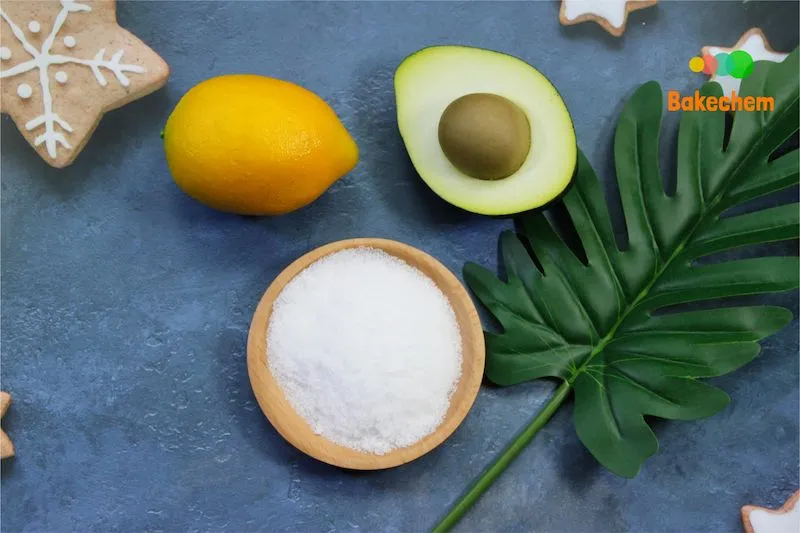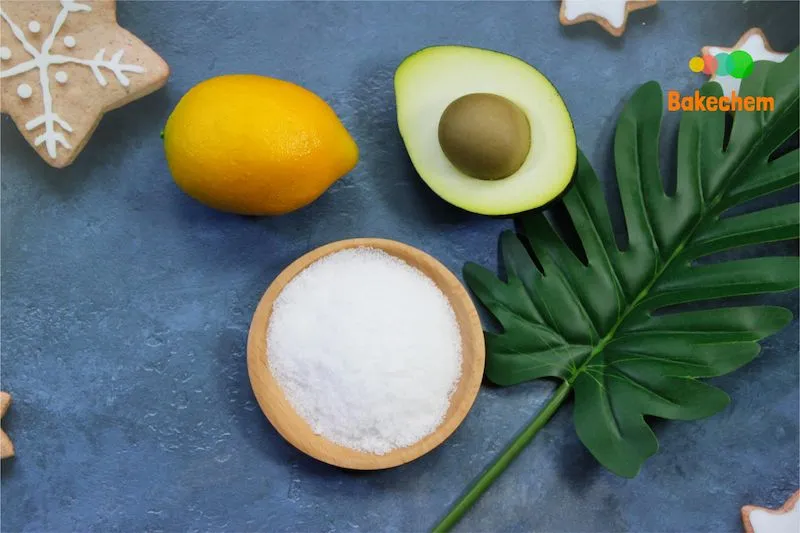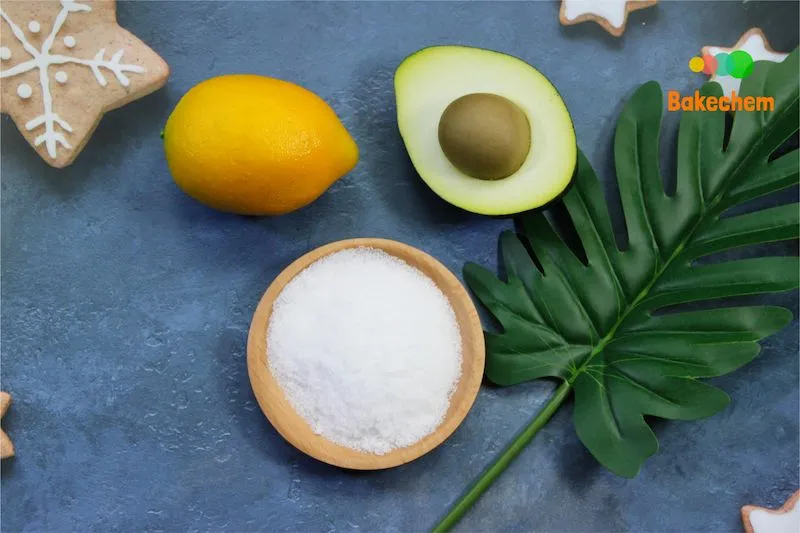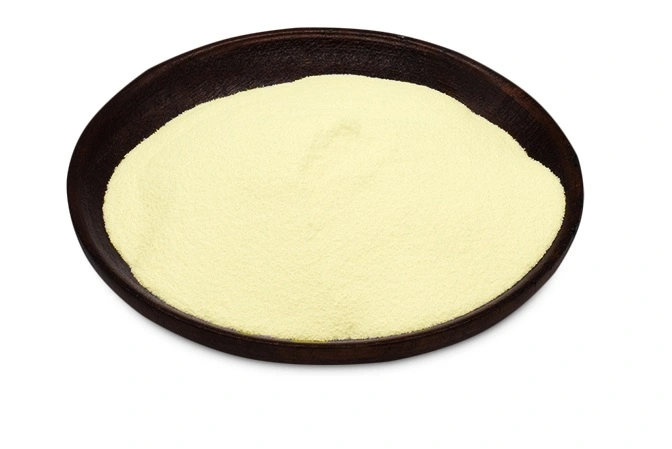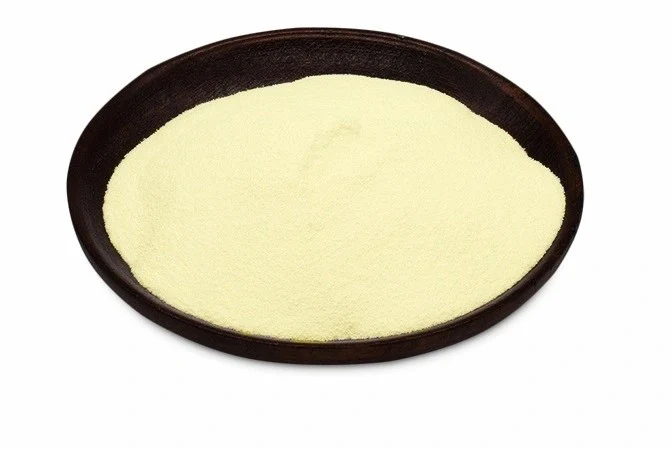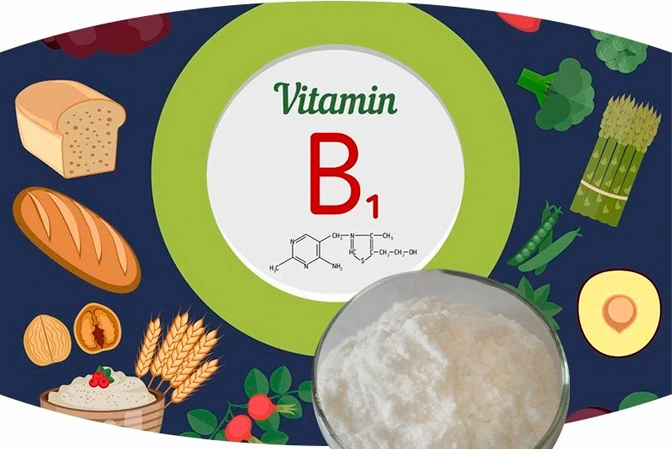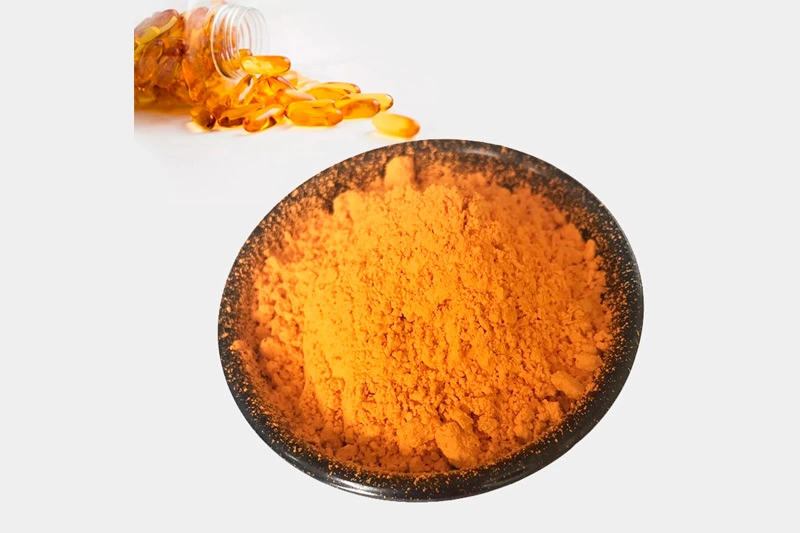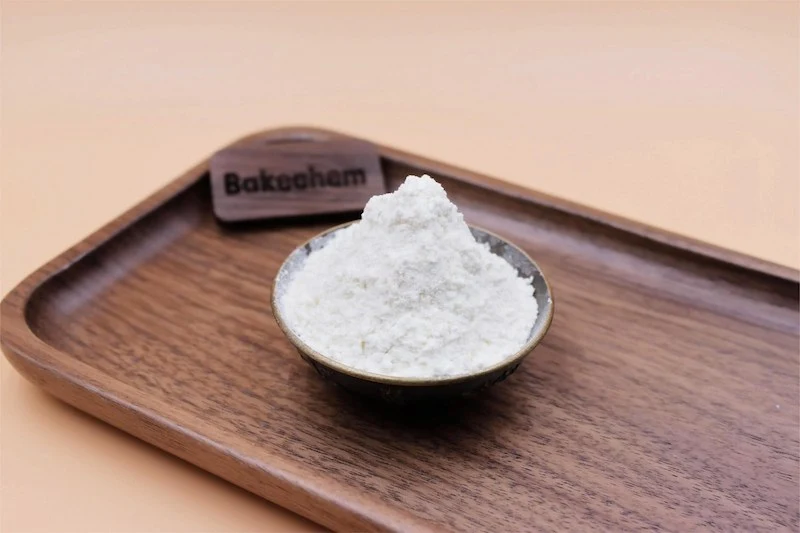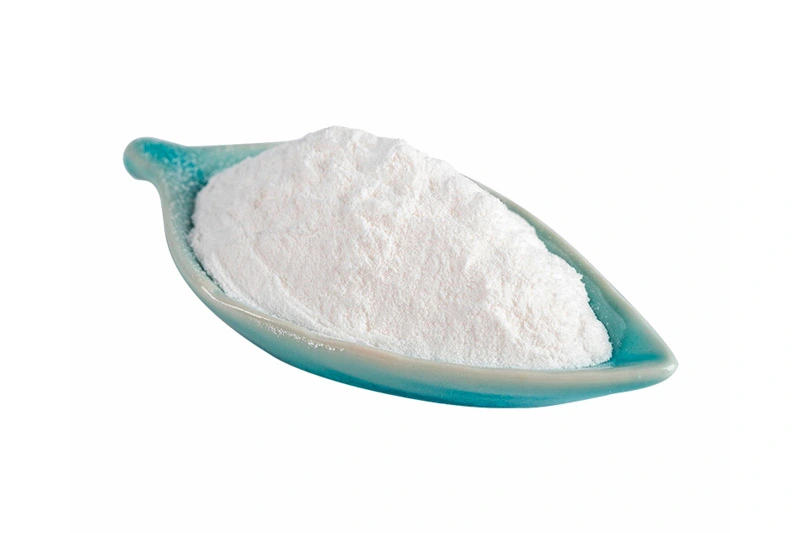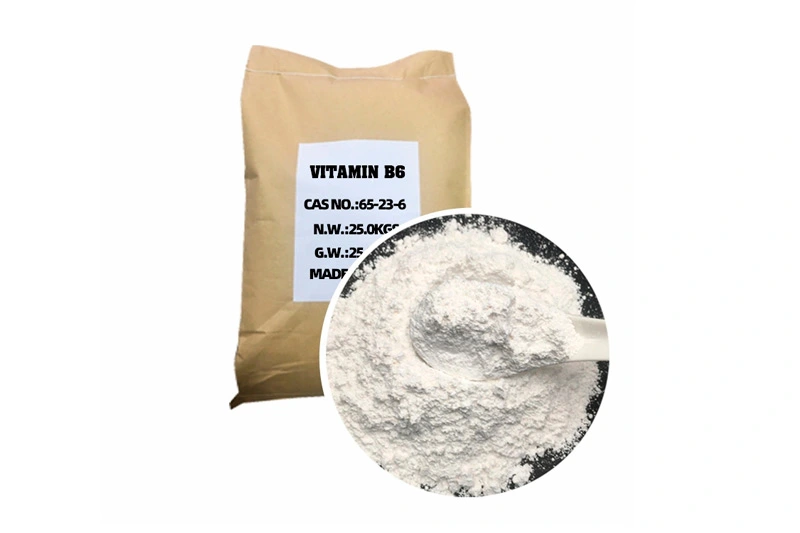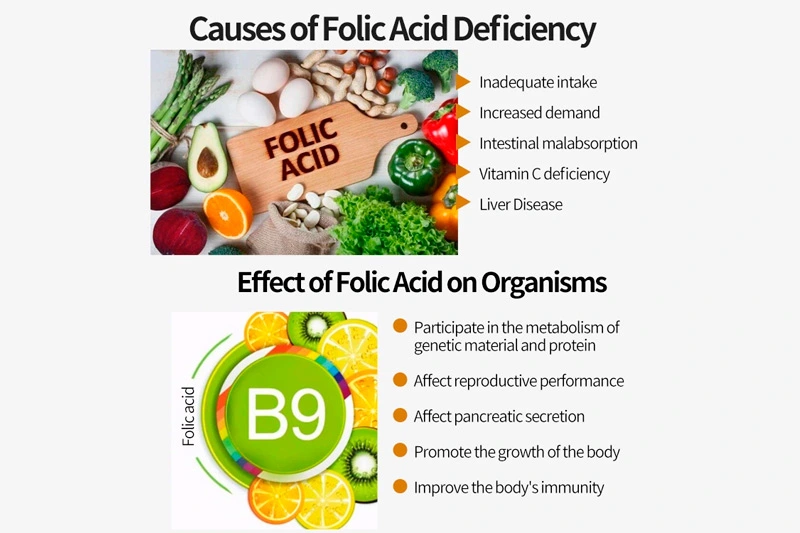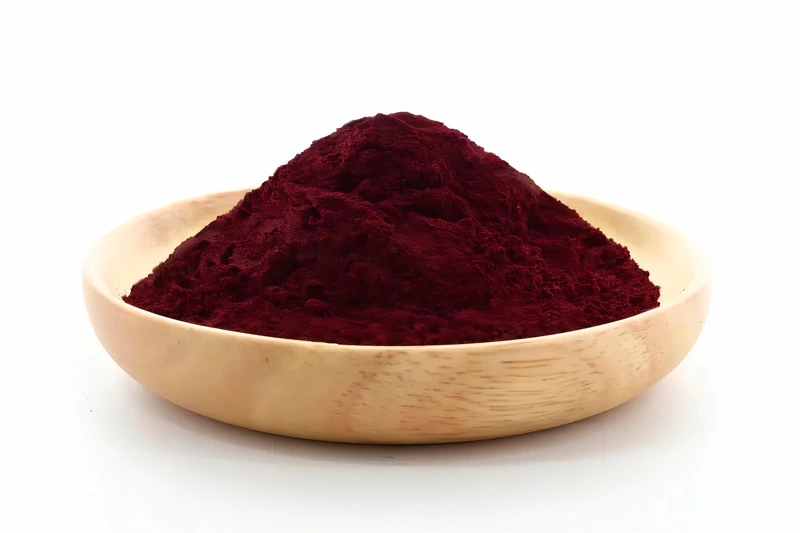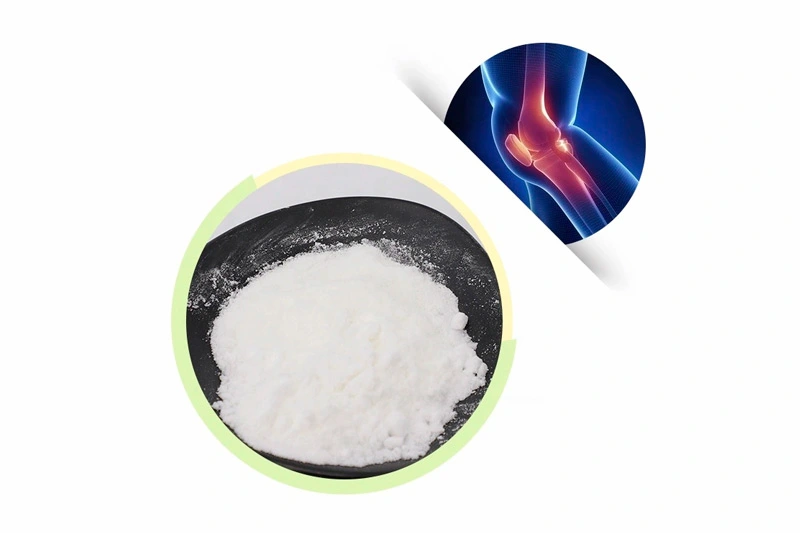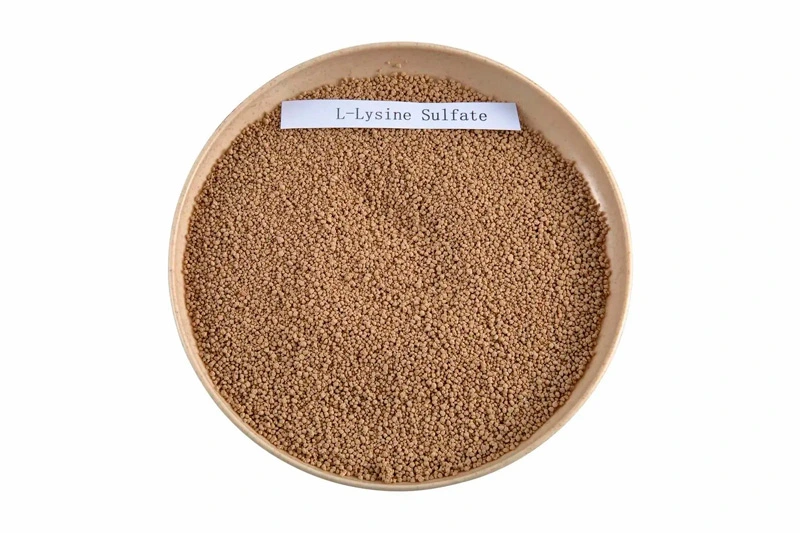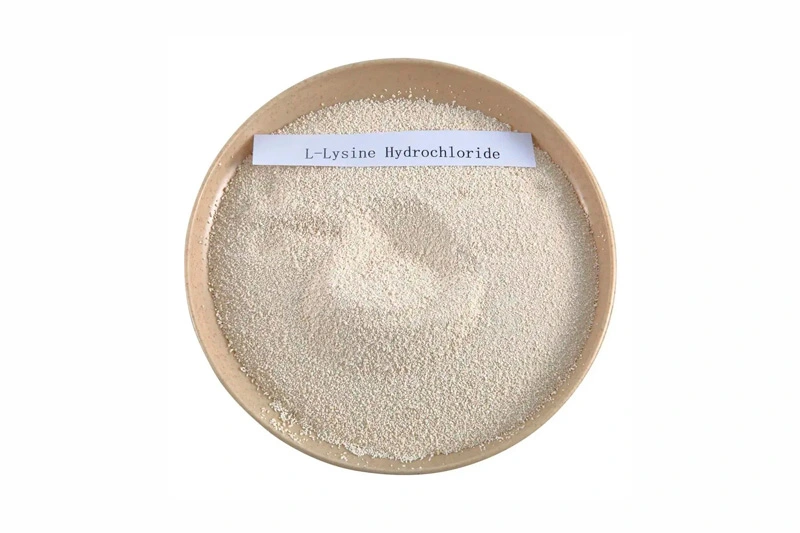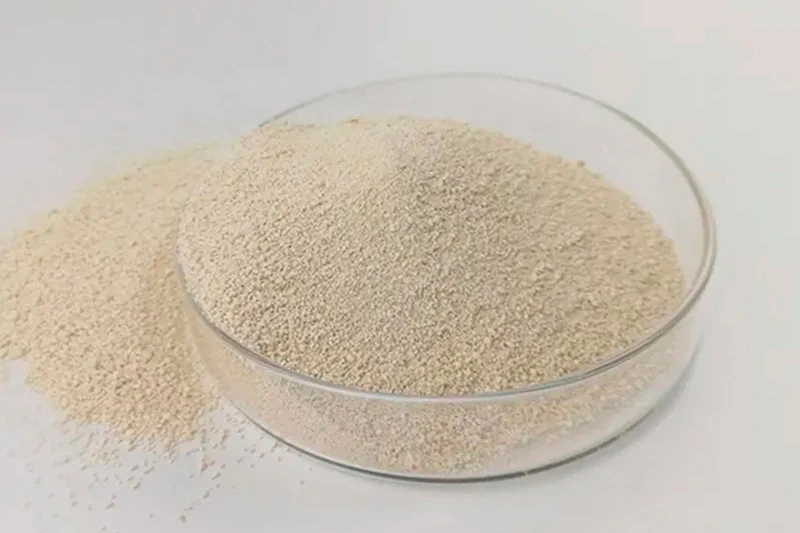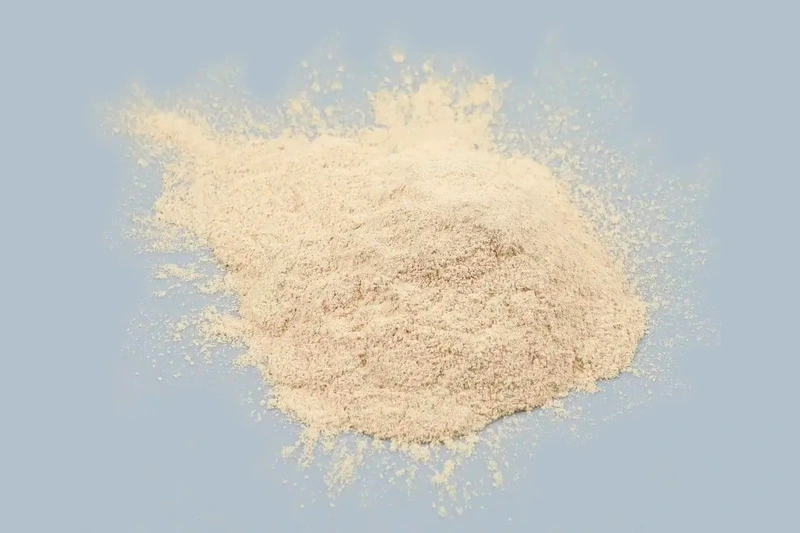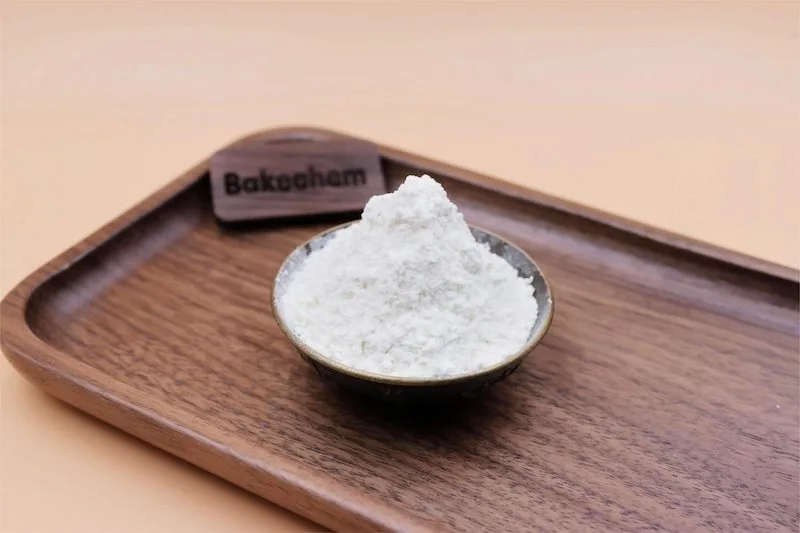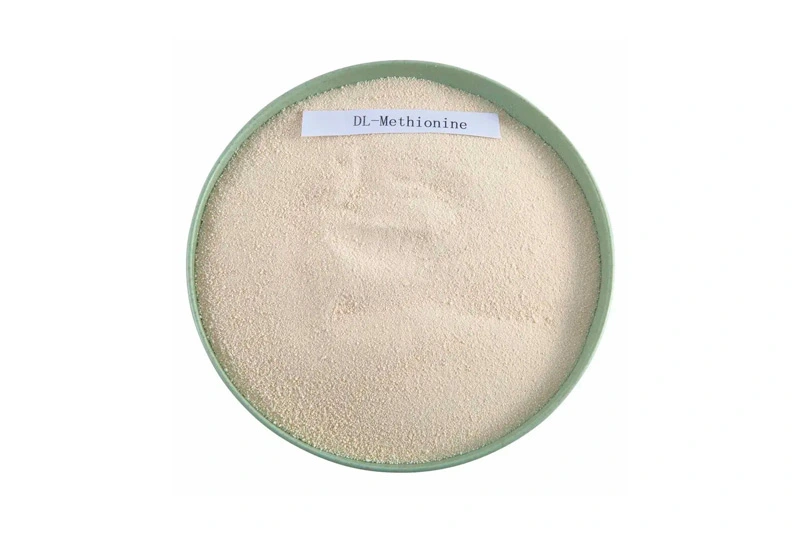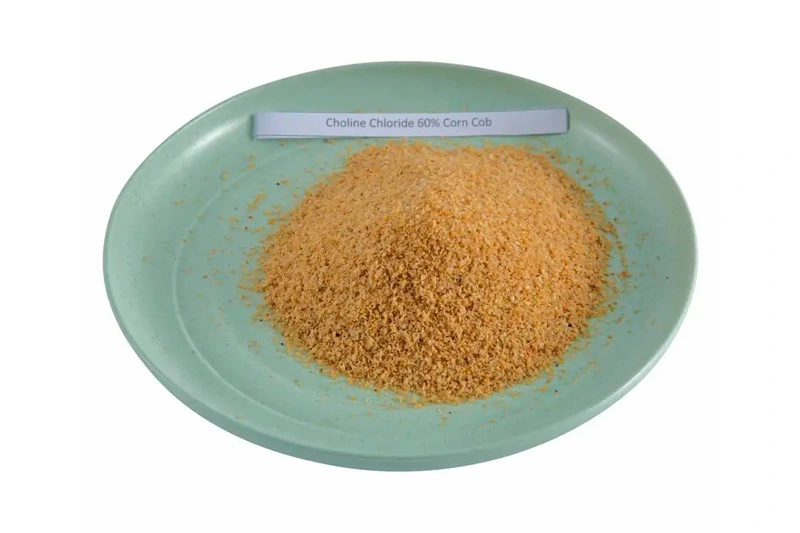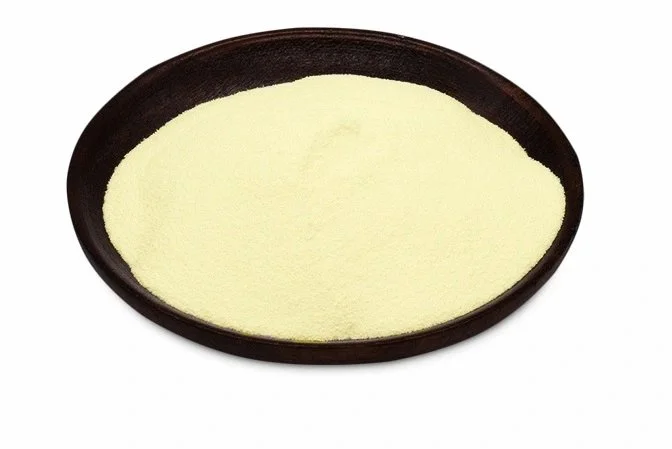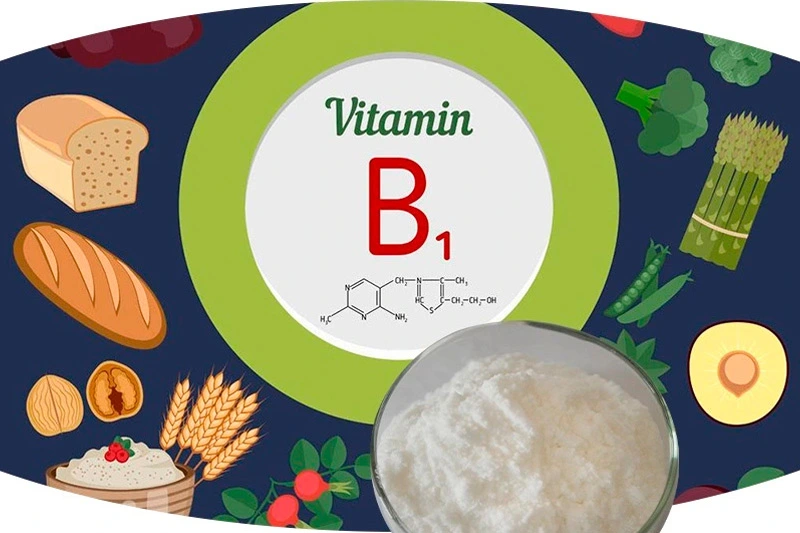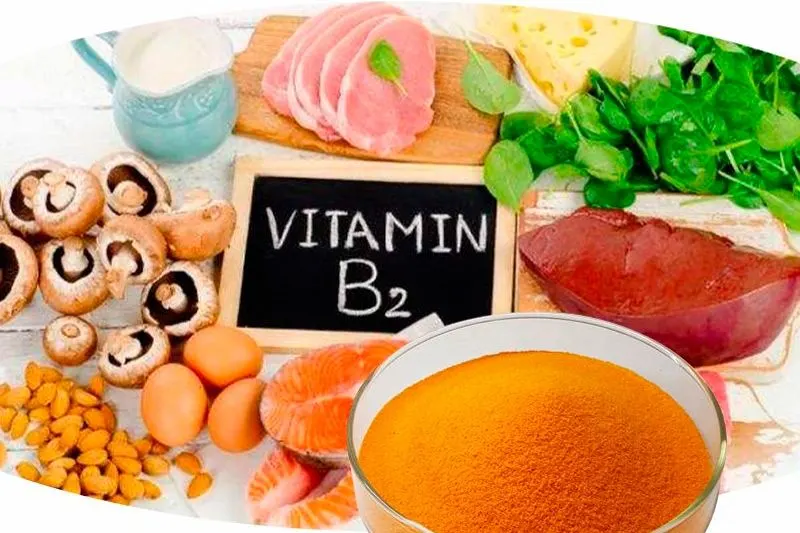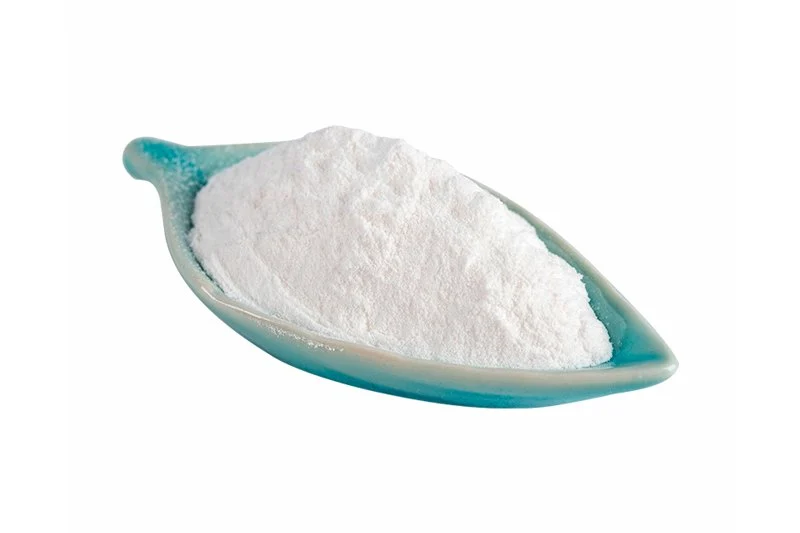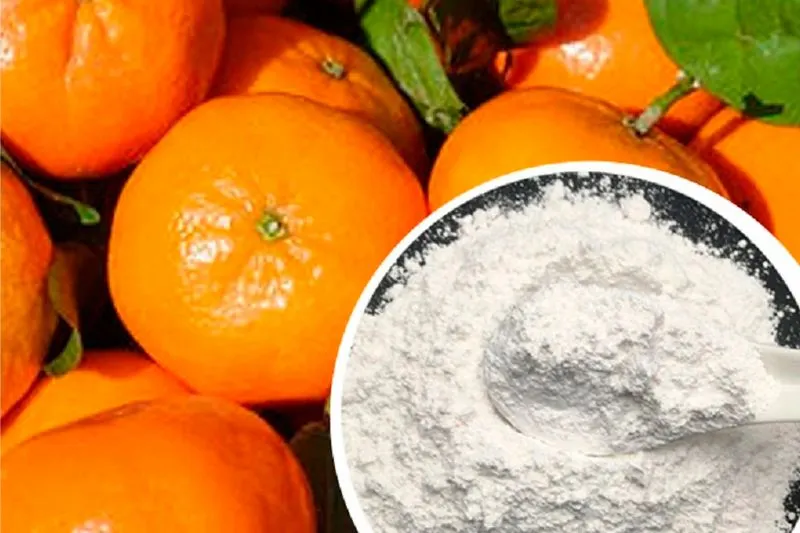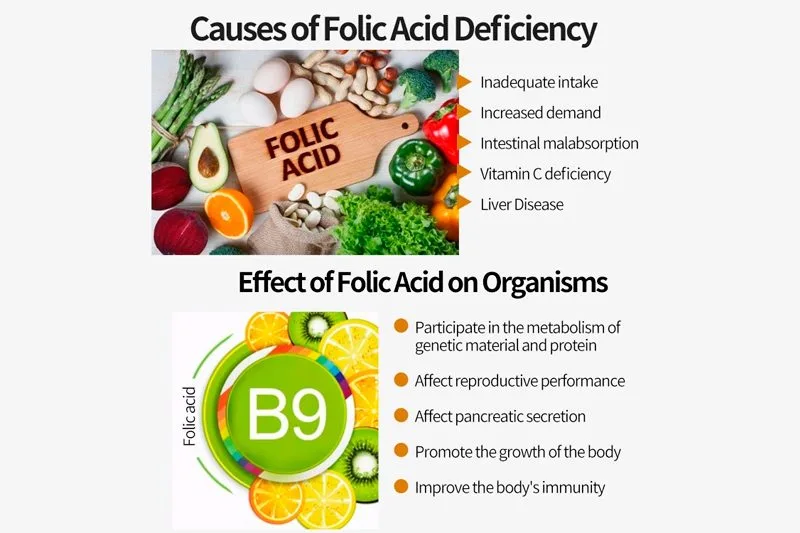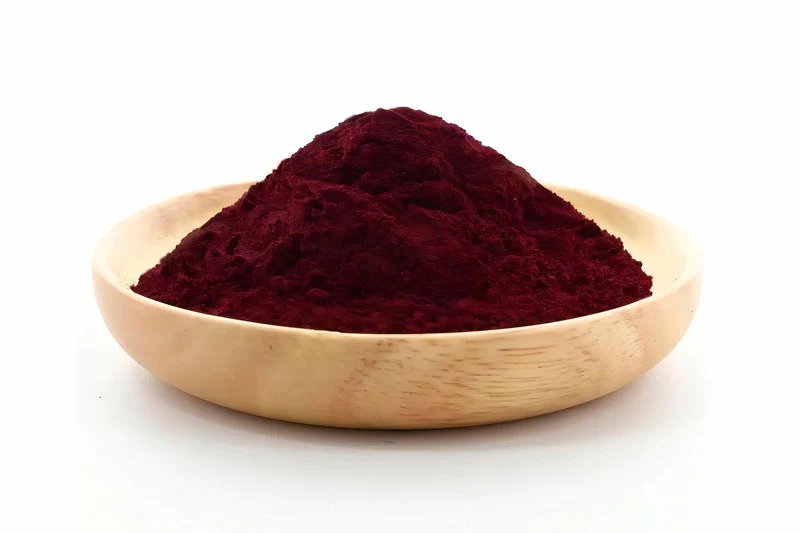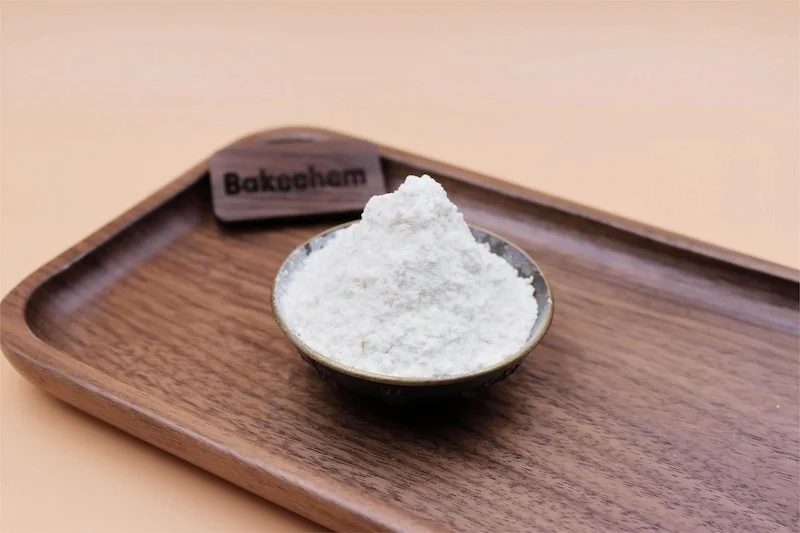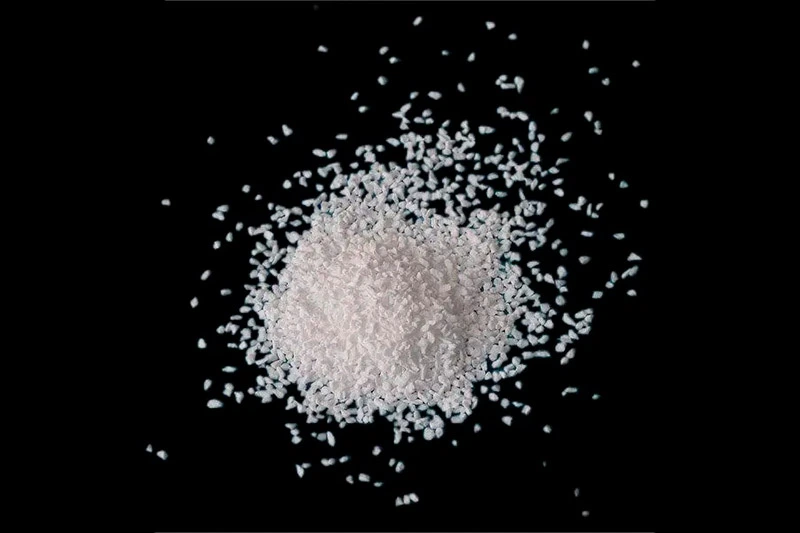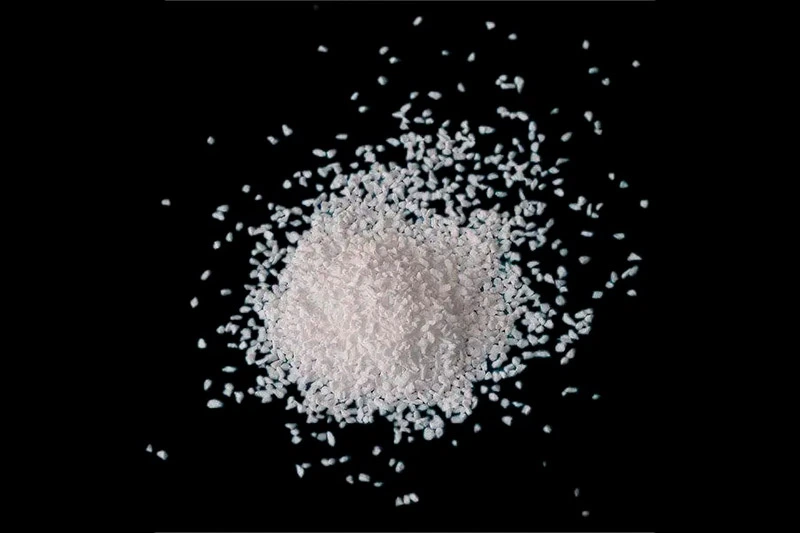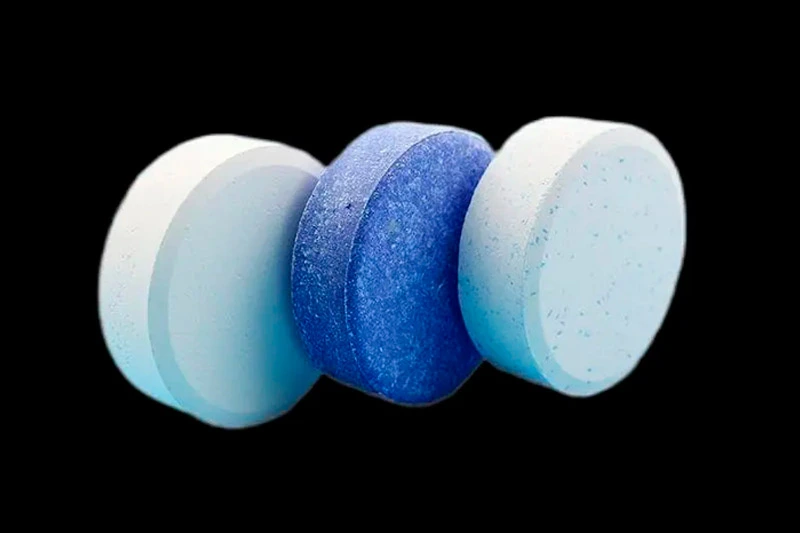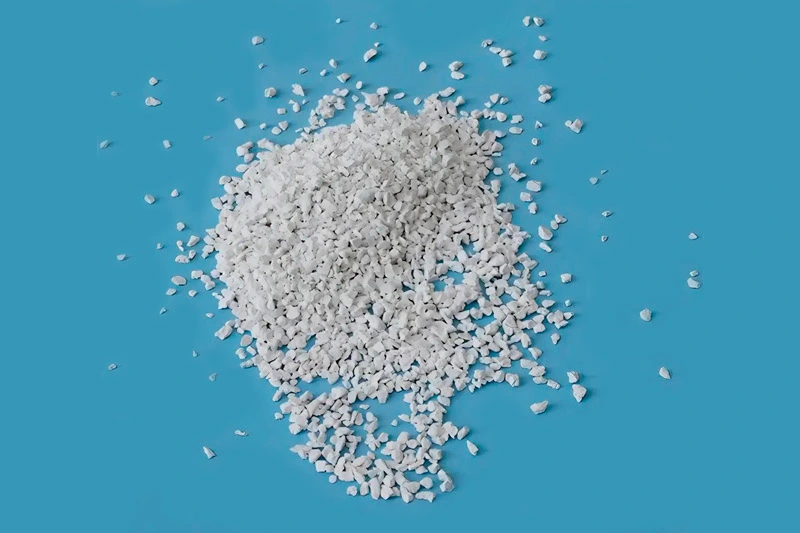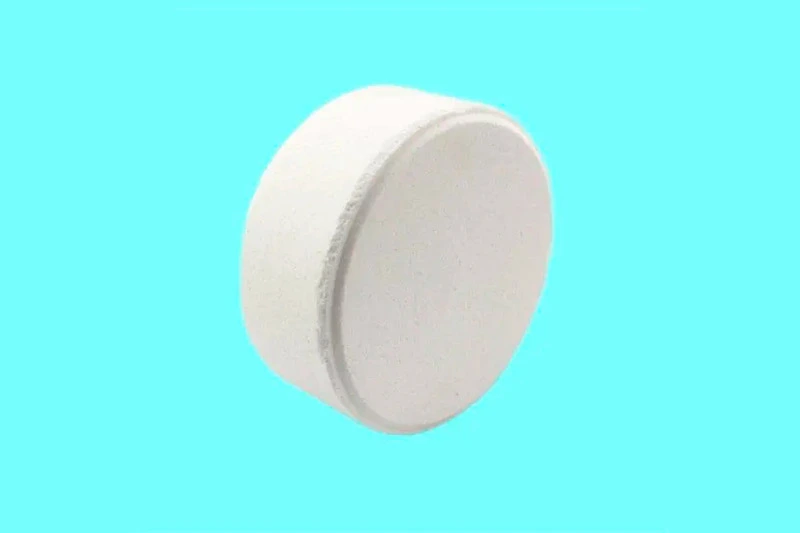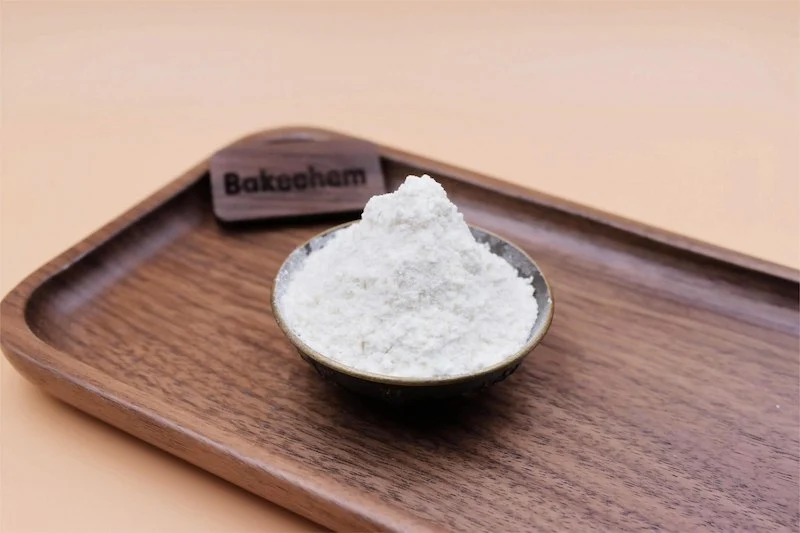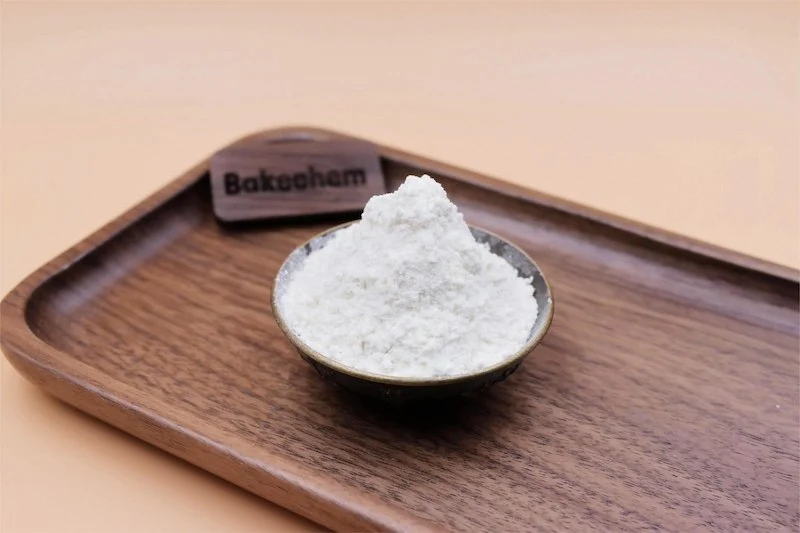In today's health-conscious society, consumers are becoming more aware of what they are putting into their bodies. This has led to a shift in the market towards more natural and healthier alternatives, including in the realm of soft drinks. Traditional soft drinks often contain artificial preservatives and additives that can be harmful to our health. As a result, many consumers are seeking out soft drinks that are made with natural preservatives. In this article, we will explore some of the natural preservatives that can be used in soft beverages.
The Importance of Natural Preservatives in Soft Drinks
Natural preservatives for drinks are essential in soft drinks to prevent spoilage and maintain the product's shelf life. However, many of the preservatives used in traditional soft drinks are artificial and can have negative effects on our health. Natural preservatives, on the other hand, are derived from plants, fruits, and other natural sources, making them a safer and healthier option for consumers.
Natural Preservatives in Soft Drinks
There are several natural preservatives for soft drinks to extend their shelf life without compromising on taste or quality. Some common natural preservatives include:
Citric Acid: Derived from citrus fruits, citric acid anhydrous powder and citric acid monohydrate powder, are natural preservative that helps to prevent the growth of bacteria and mold in soft drinks. It also adds a tangy flavor to the beverage.
Rosemary Extract: Rosemary extract is a powerful antioxidant that can help to extend the shelf life of soft drinks. It also has anti-inflammatory properties and can help to boost the immune system.
Grape Seed Extract: Grape seed extract is another natural preservative that has strong antioxidant properties. It can help to prevent oxidation in soft drinks, helping to maintain their freshness and flavor.
Honey: Honey is a natural sweetener that also has antimicrobial properties, making it an effective preservative for soft drinks. It can help to inhibit the growth of bacteria and mold, while also adding a touch of sweetness to the beverage.
E 1520: Propylene Glycol (E1520) is a common food additive used in soft drinks as an emulsifier and stabilizer. It helps blend ingredients, ensuring consistent texture and flavor. Additionally, it acts as a humectant, maintaining moisture and preventing crystallization in beverages, thus enhancing shelf life and quality.
E322: Soy Lecithin (E322) is an emulsifier used in soft drinks to enhance texture and stability. Natural soy lecithin helps blend ingredients, preventing separation and improving consistency. Additionally, soy lecithin extends shelf life, enhances mouthfeel, and can contribute to a smoother, more enjoyable drinking experience.
E493: Span emulsifier, commonly used in soft drinks, help blend oil and water-based ingredients, ensuring a stable and uniform mixture. They prevent ingredient separation, enhance texture, and improve the overall mouthfeel. These emulsifiers contribute to the consistency and quality of soft drinks, making them more appealing and enjoyable.
E436: Polysorbate (Tween) E436 is used in soft drinks as an emulsifier to ensure uniform blending of ingredients. Polysorbate products prevent separation, enhances texture, and improves the stability of the beverage. Additionally, E436 helps maintain the clarity and appearance of soft drinks, contributing to a consistent and enjoyable drinking experience.
The Future of Natural Preservatives in Soft Drinks
As consumers continue to demand healthier and more natural food and beverage options, the use of natural preservatives for soft drinks is likely to become more widespread. Manufacturers are recognizing the importance of using natural ingredients in their products to appeal to a more health-conscious consumer base. By incorporating natural preservatives into their soft drinks, manufacturers can offer a healthier and safer alternative to traditional beverages, while still delivering the great taste and quality that consumers expect.
In conclusion, natural preservatives for soft drinks offer a healthier and safer alternative to artificial additives in soft drinks. By using natural preservatives such as citric acid, rosemary extract, grape seed extract, and honey, manufacturers can extend the shelf life of their products without compromising on taste or quality. As consumer demand for natural and healthier options continues to grow, the use of natural preservatives in soft beverages is likely to become more prevalent in the market. By choosing soft drinks that are made with natural preservatives for soft drinks, consumers can enjoy a healthier and more sustainable beverage option.

